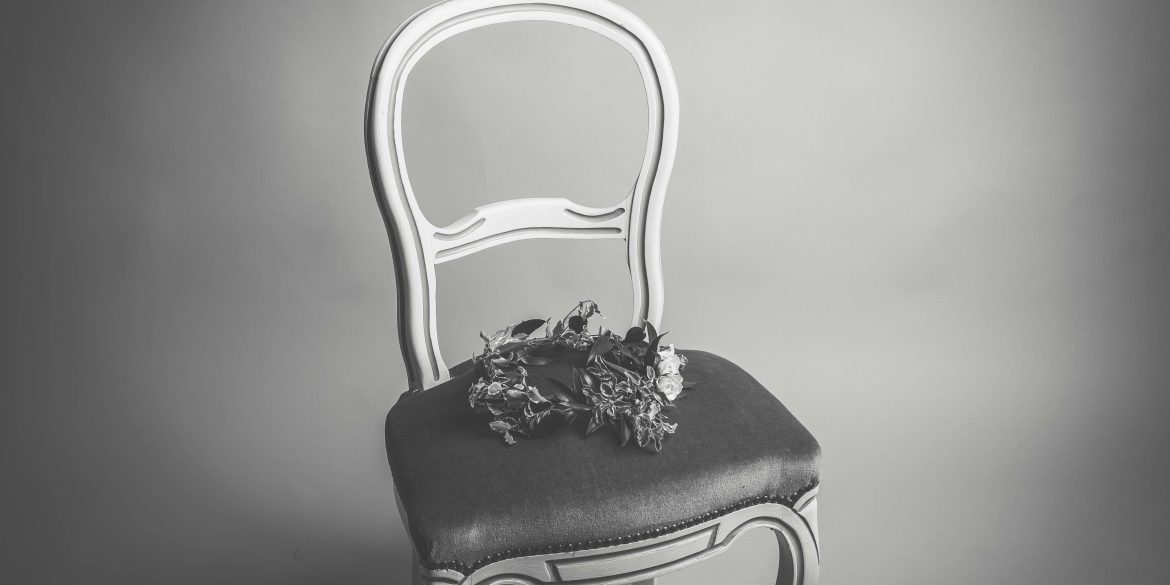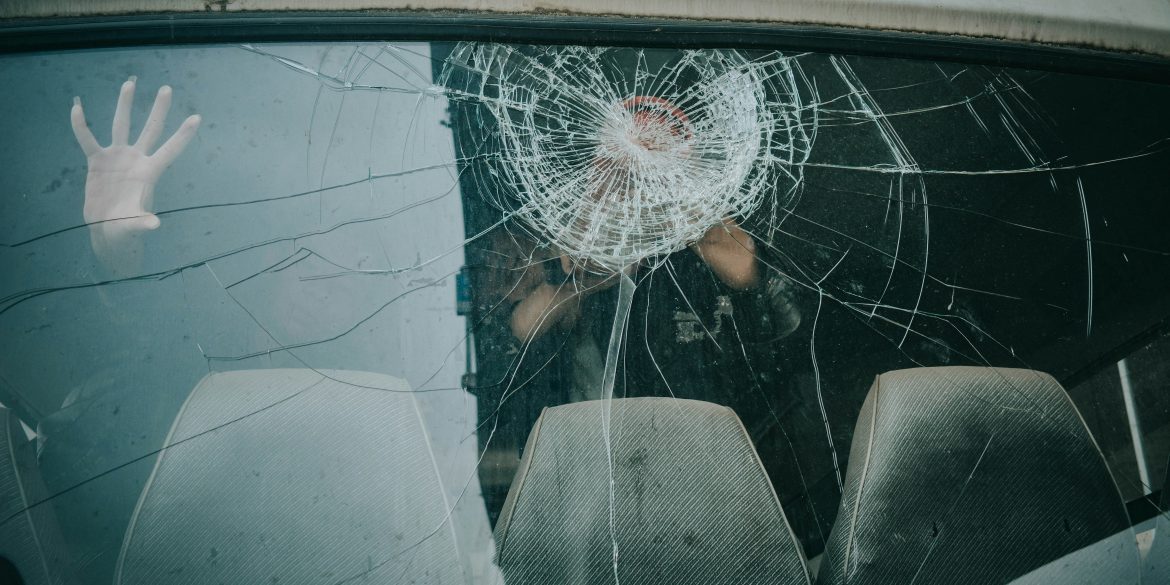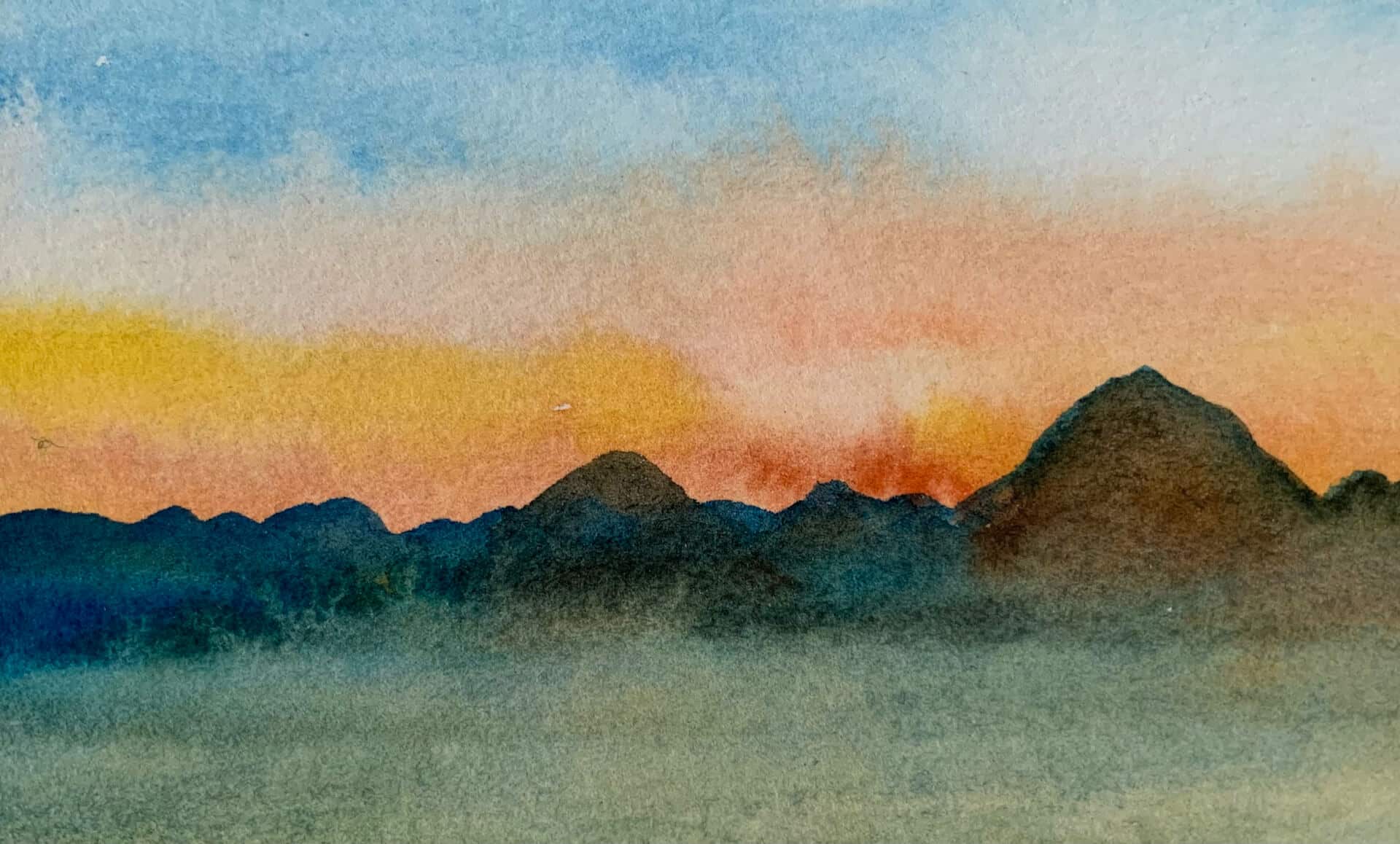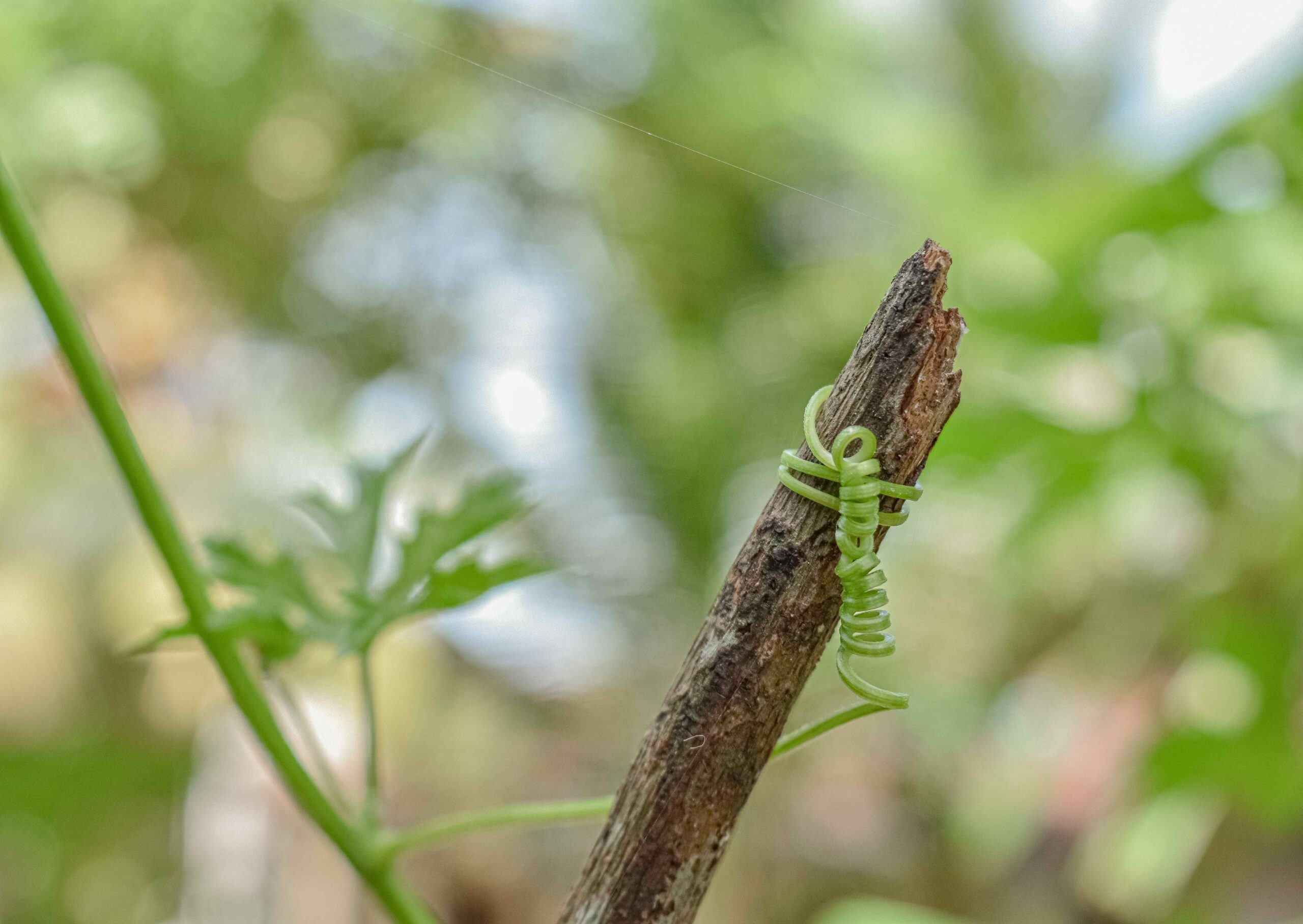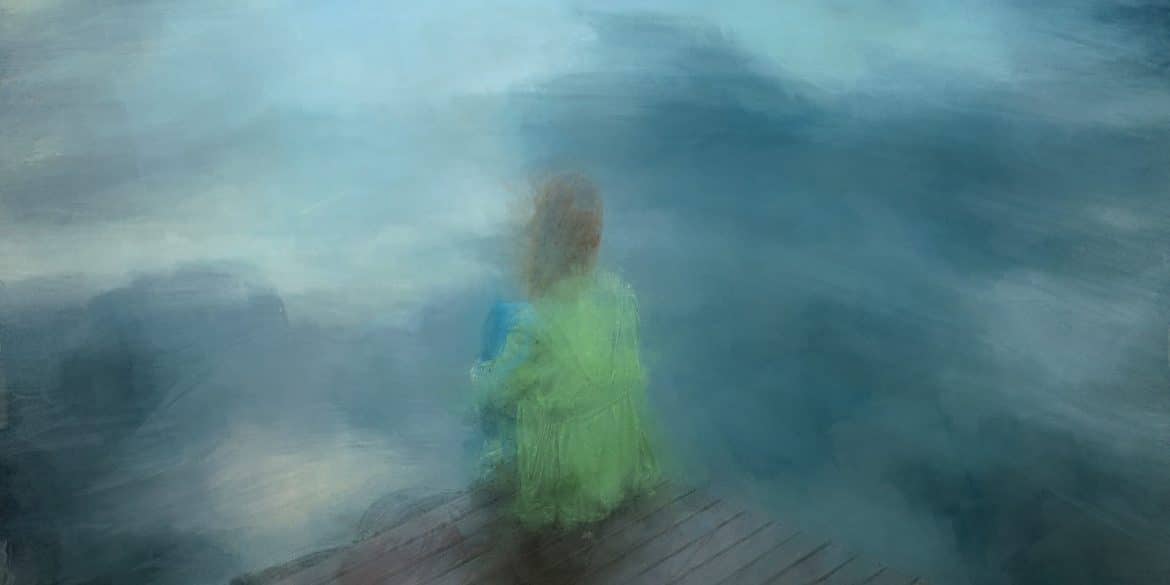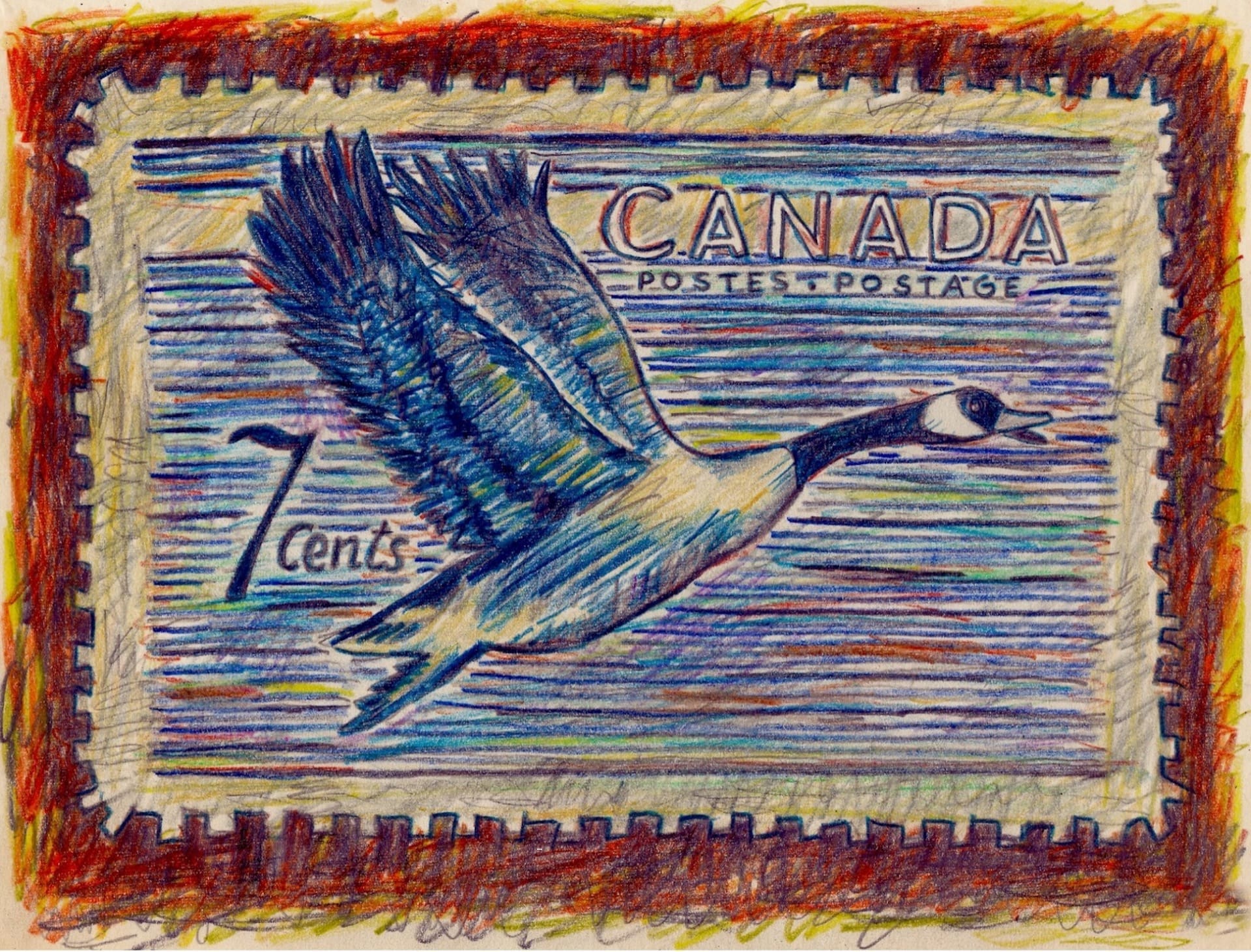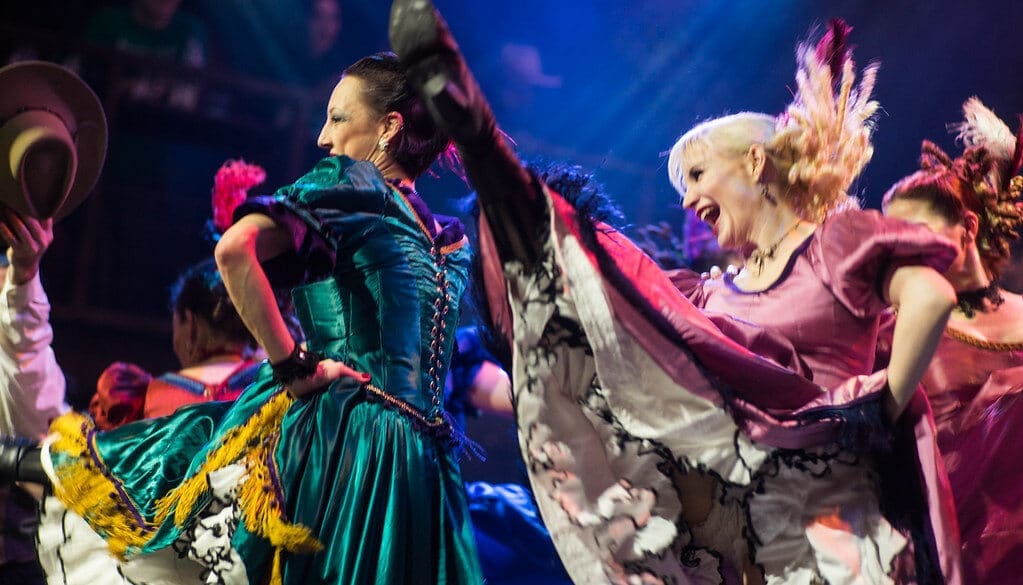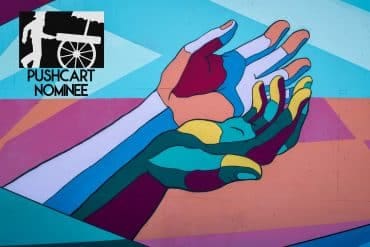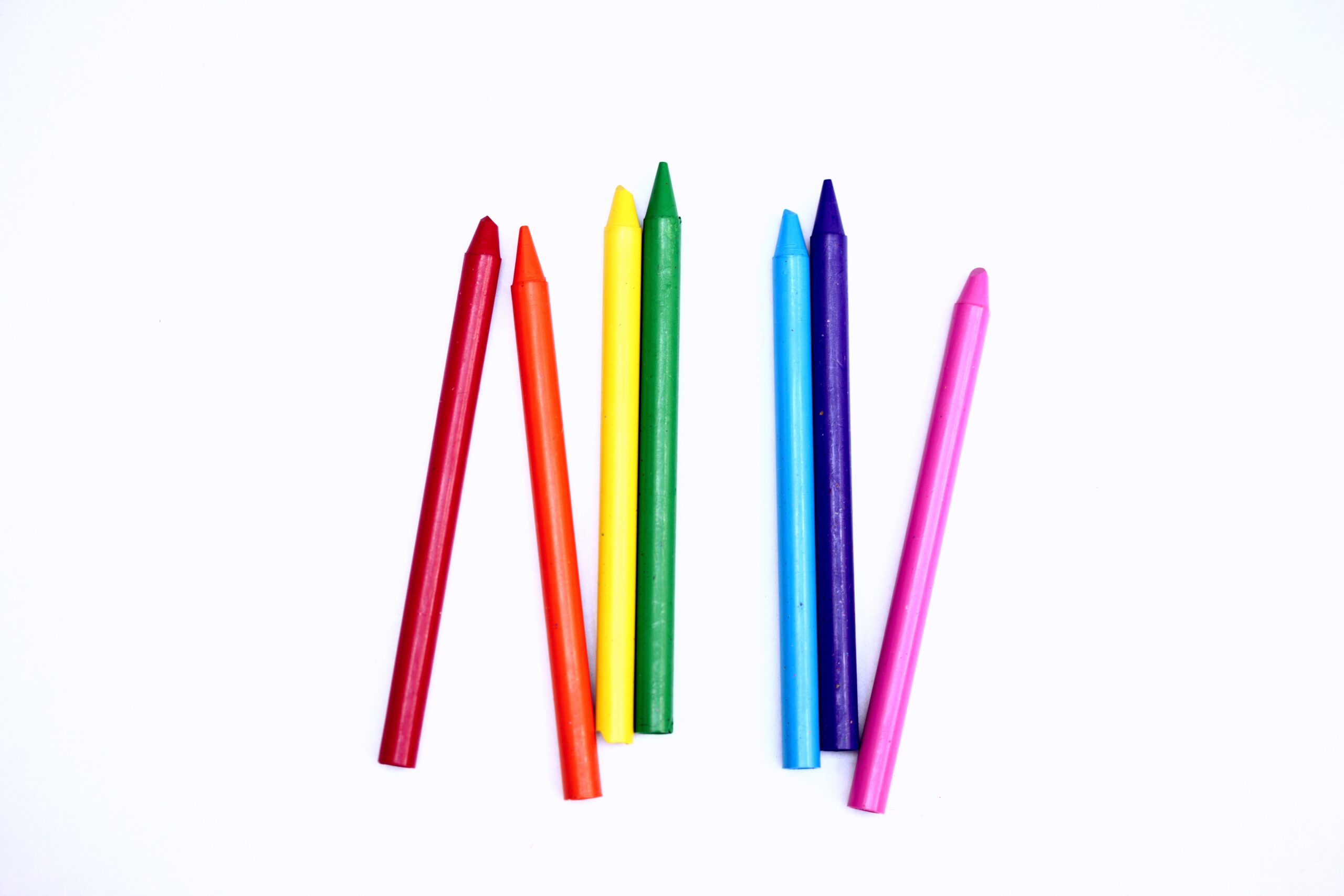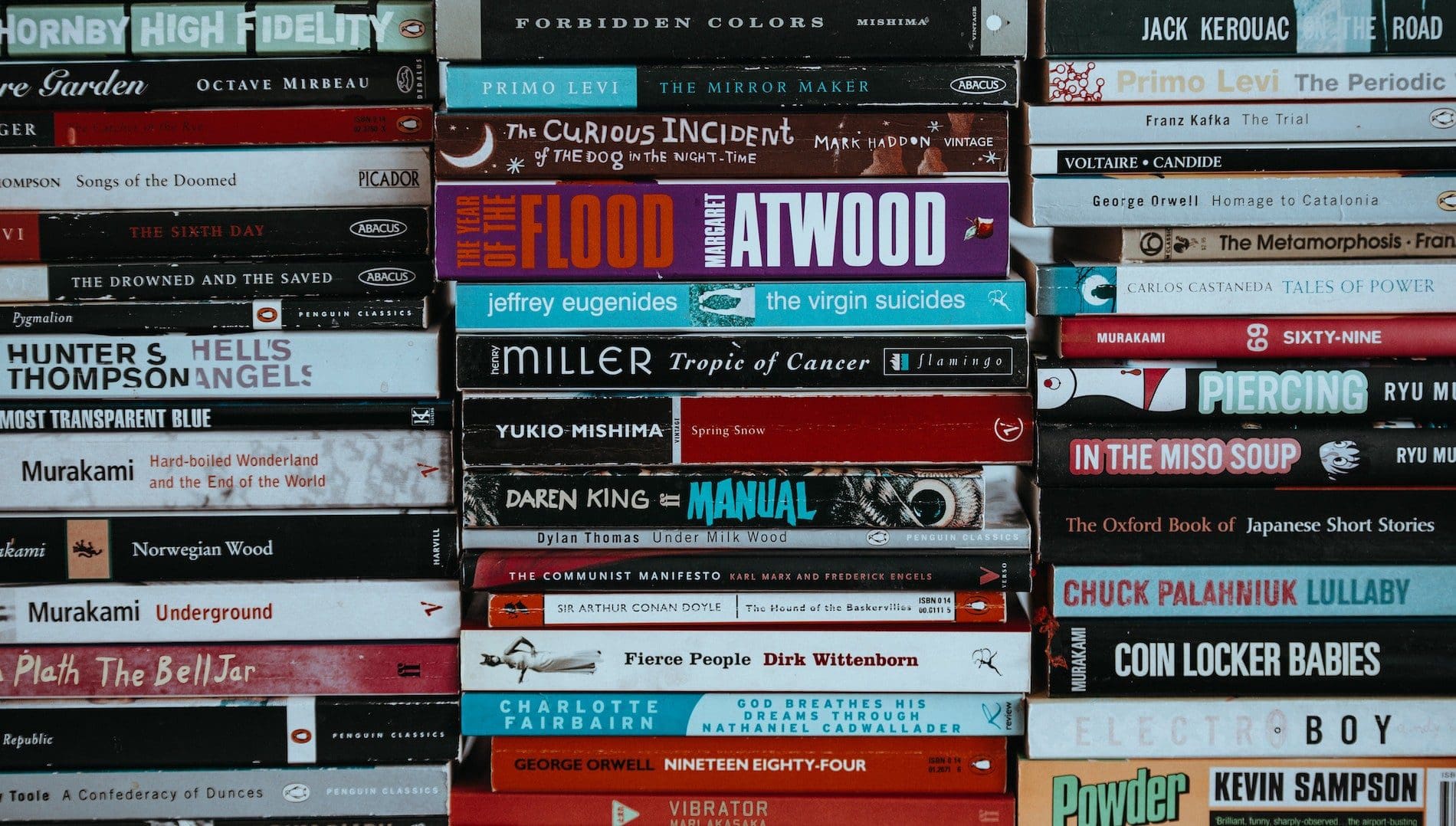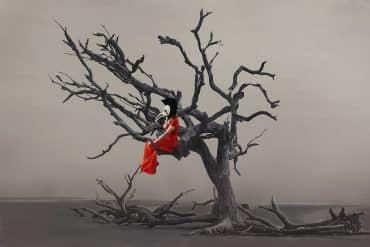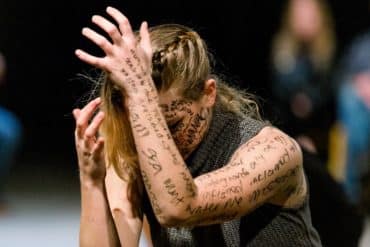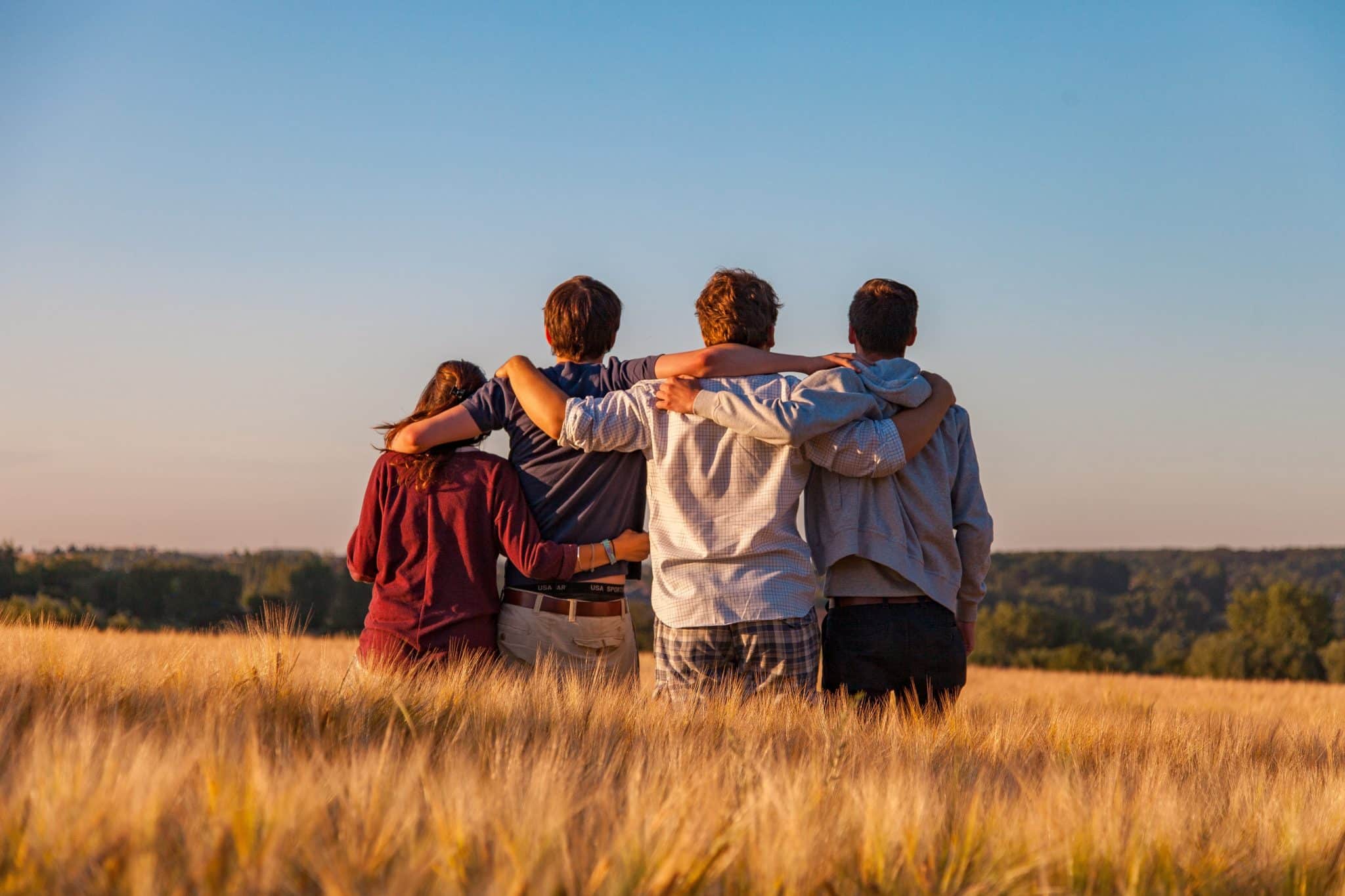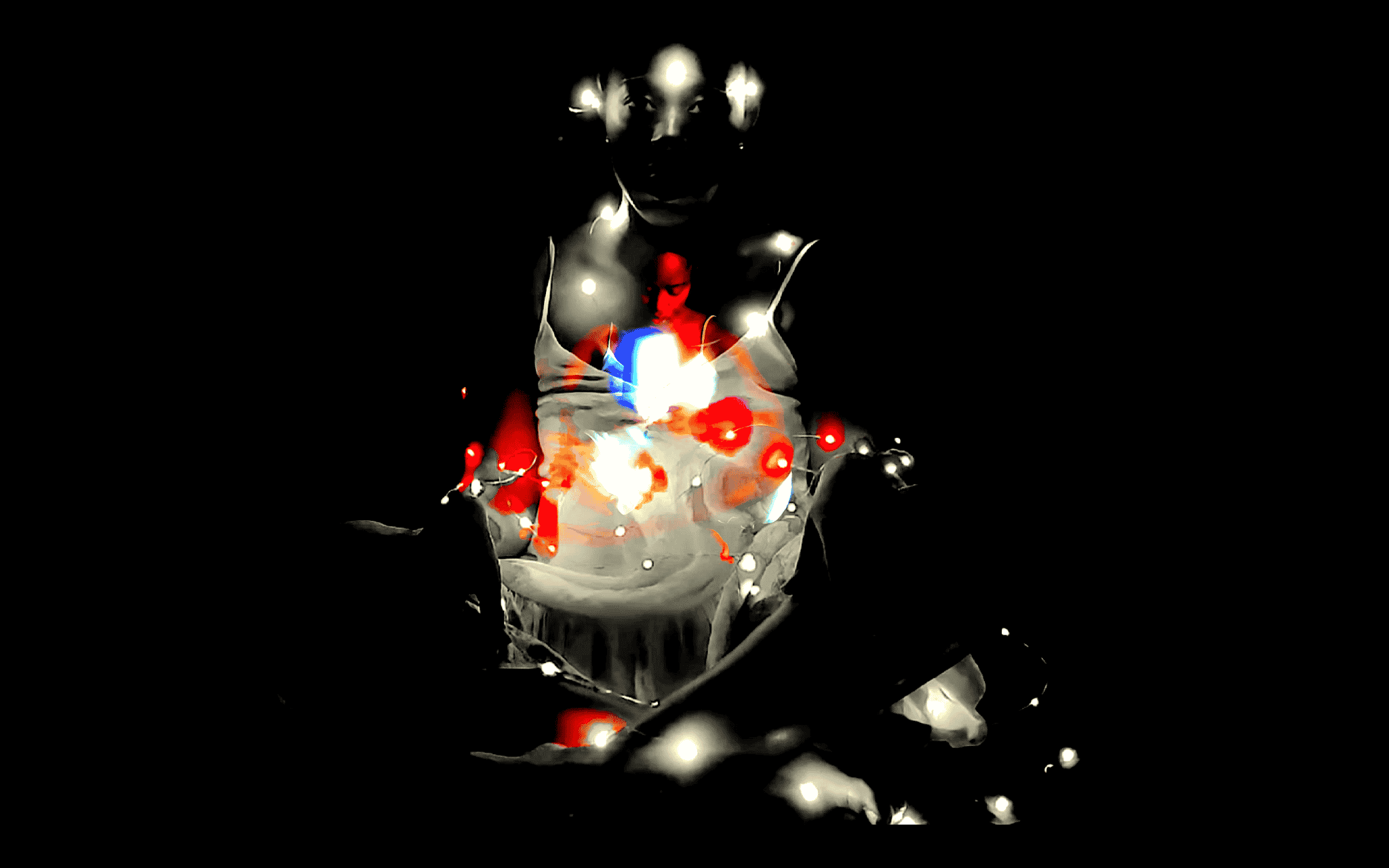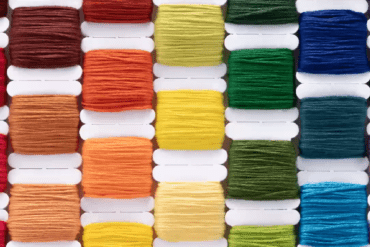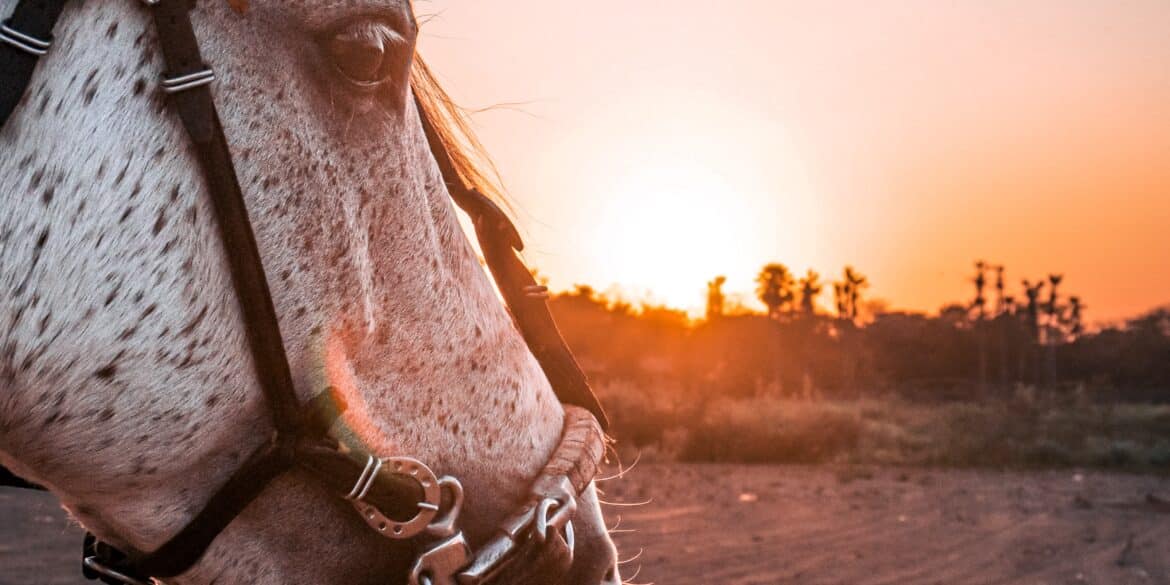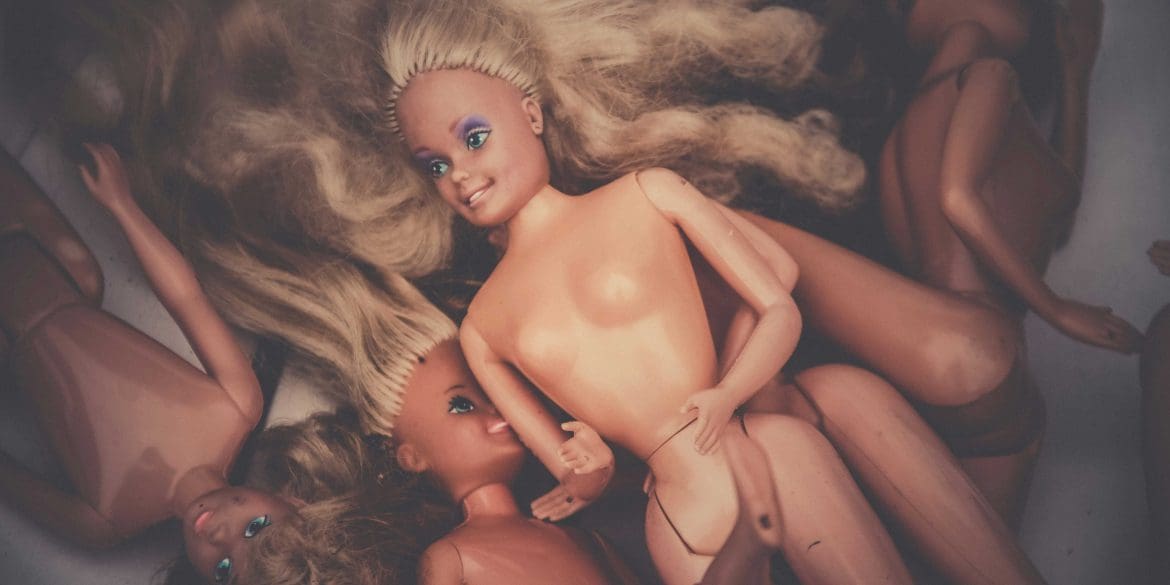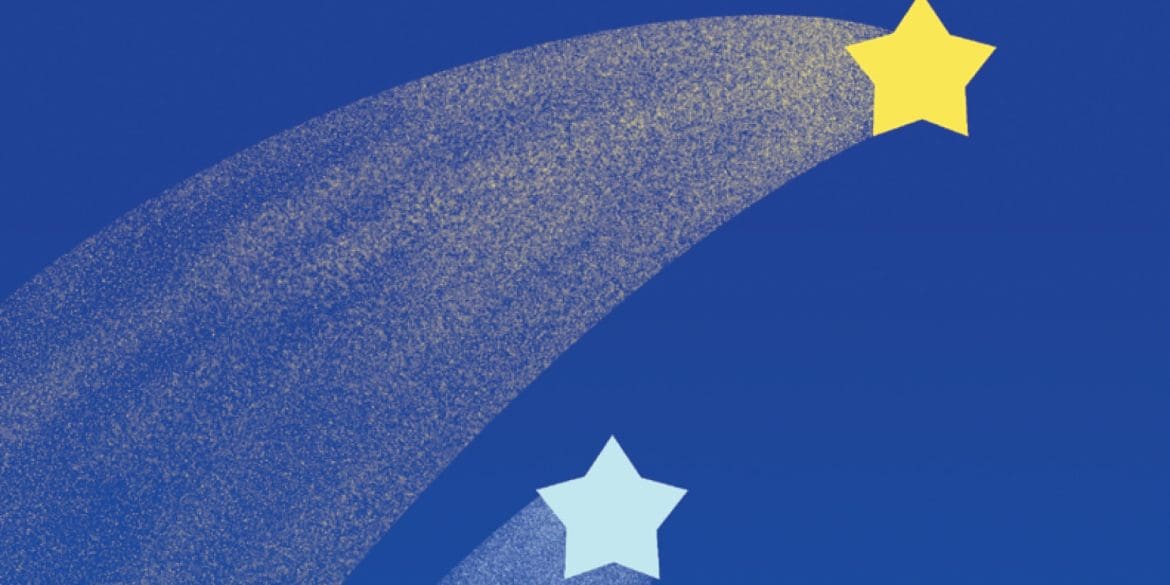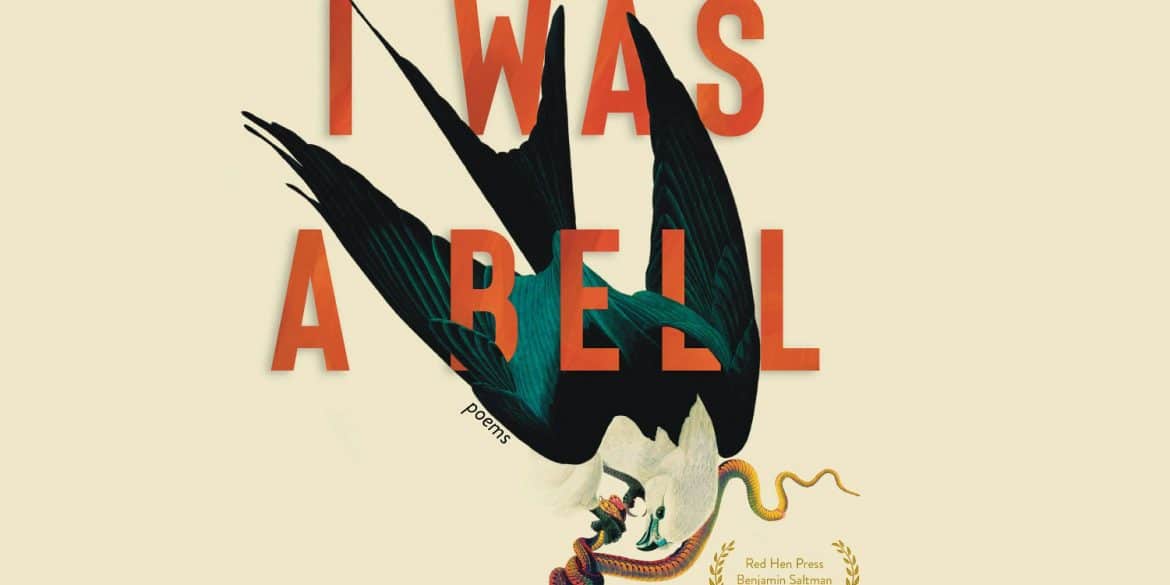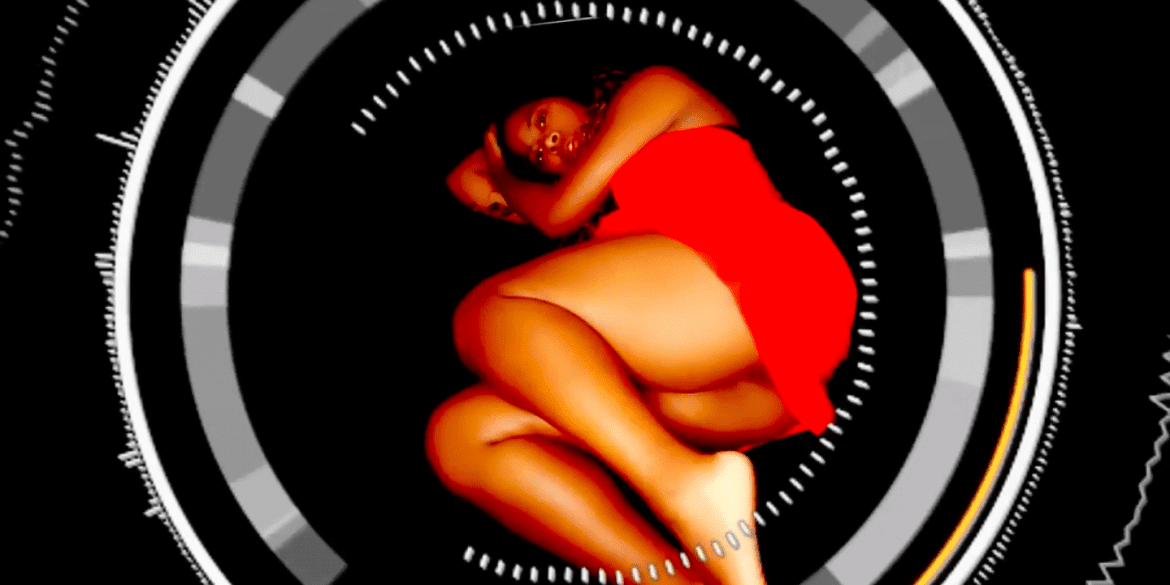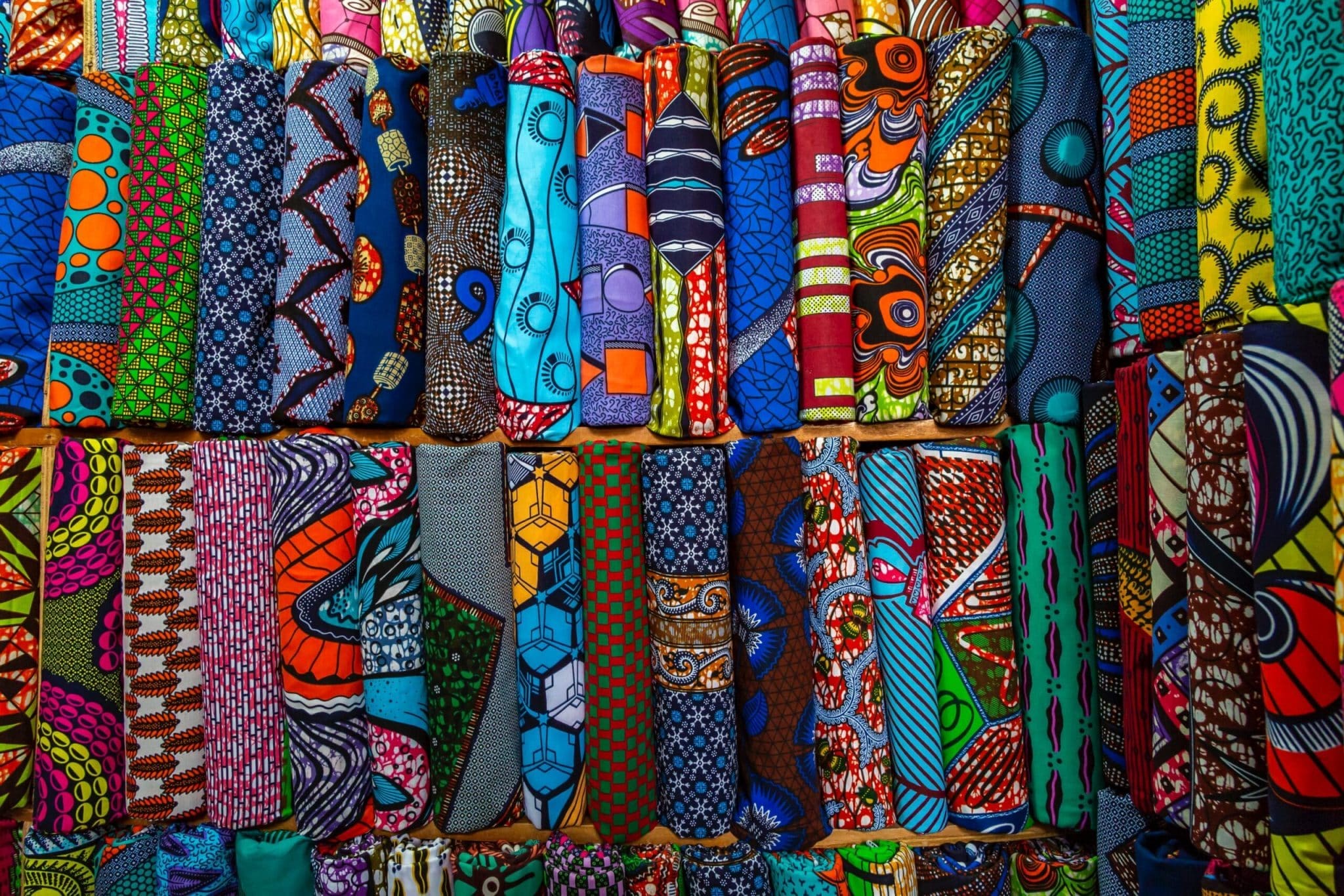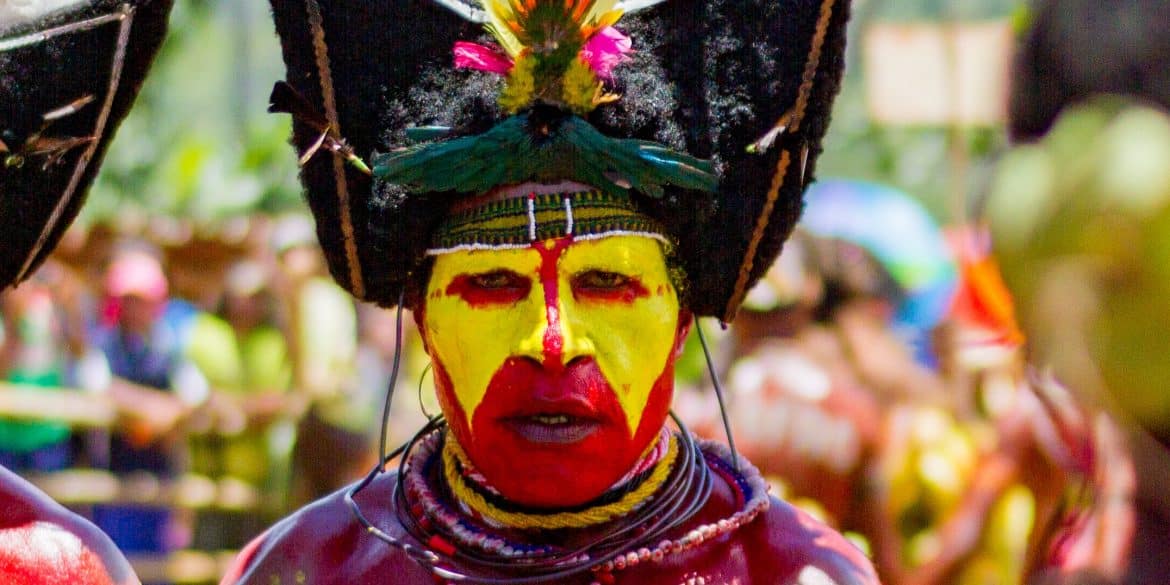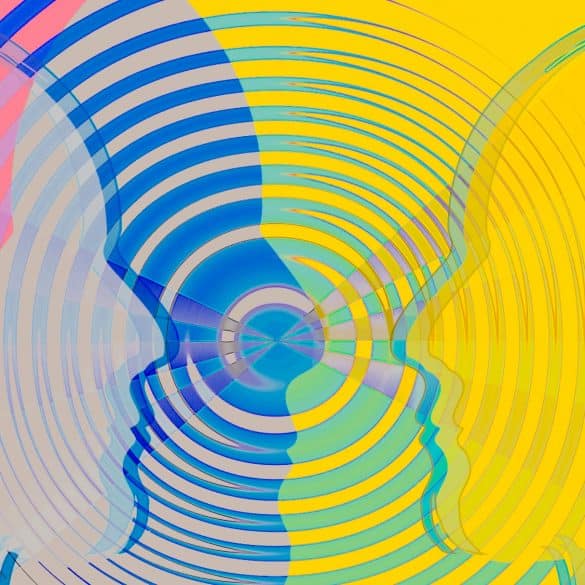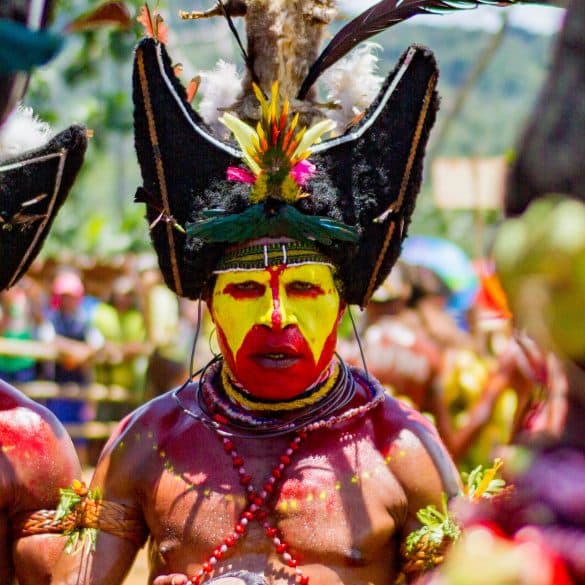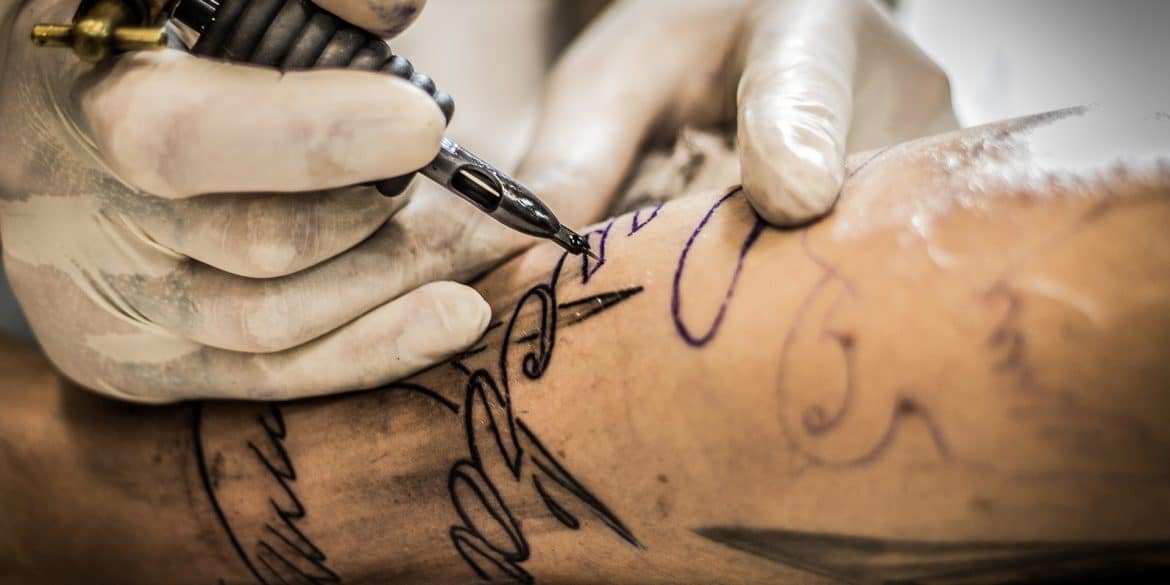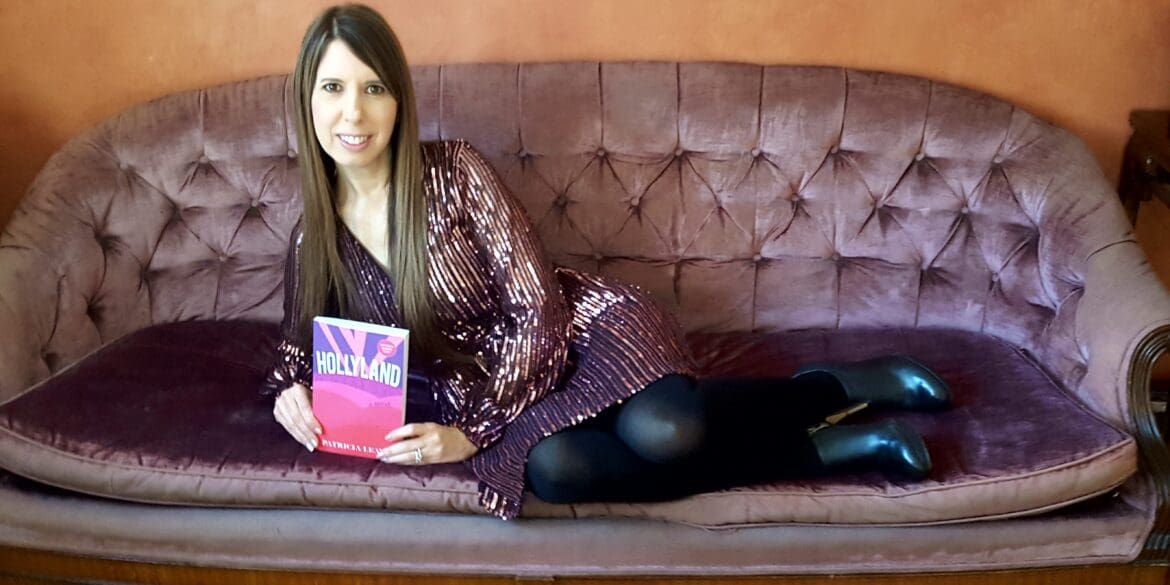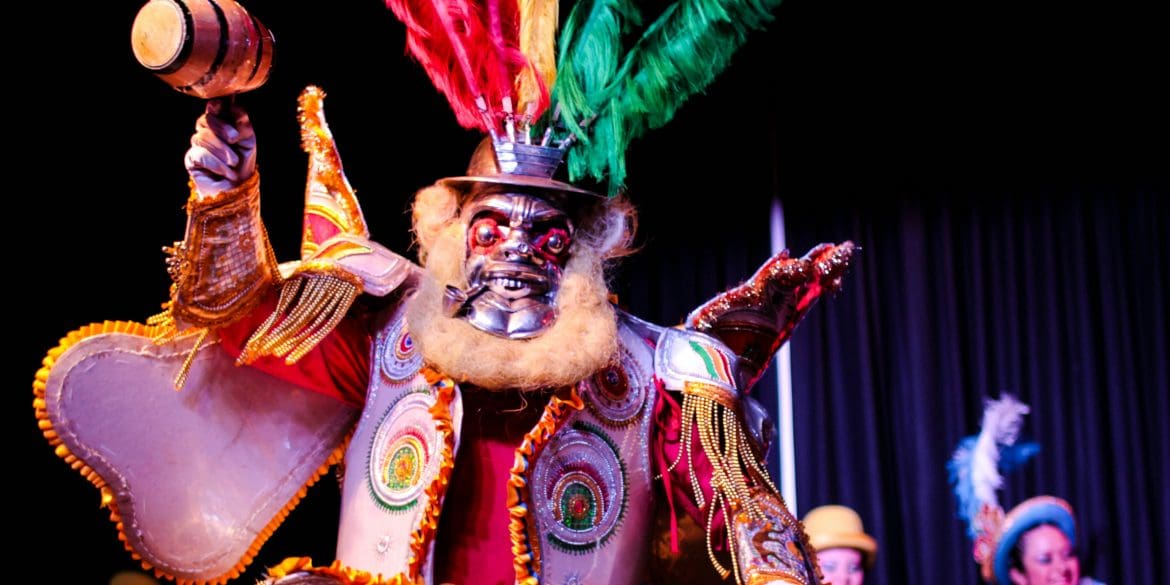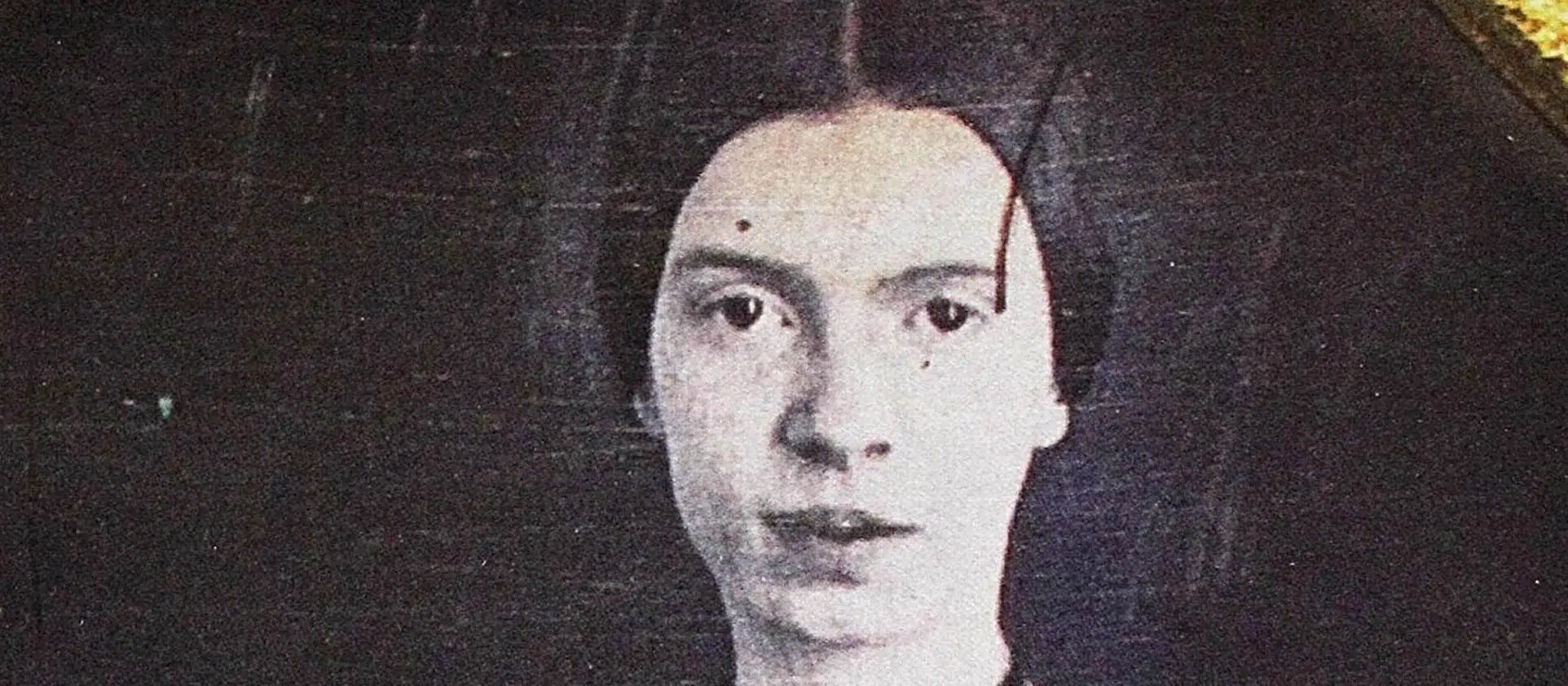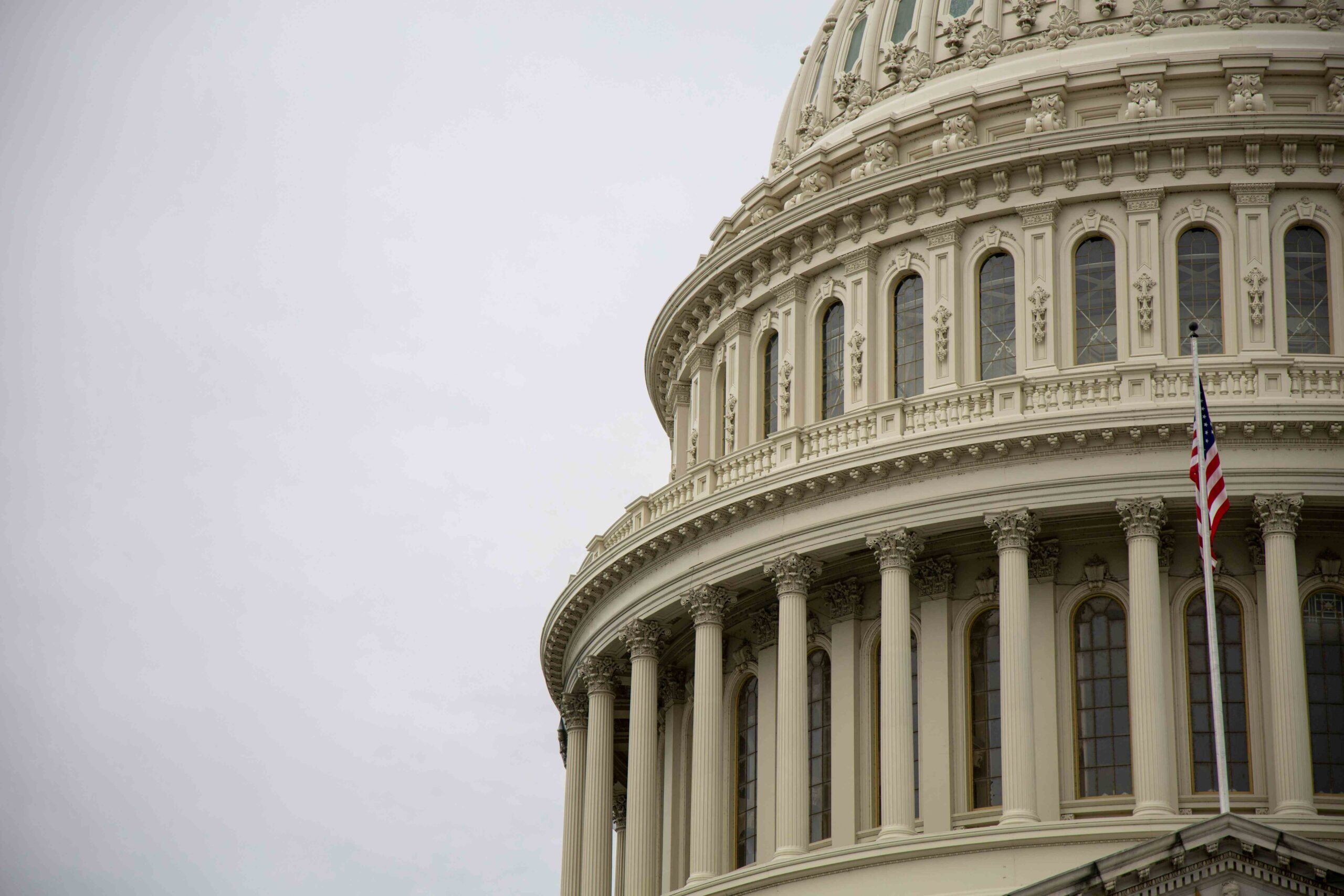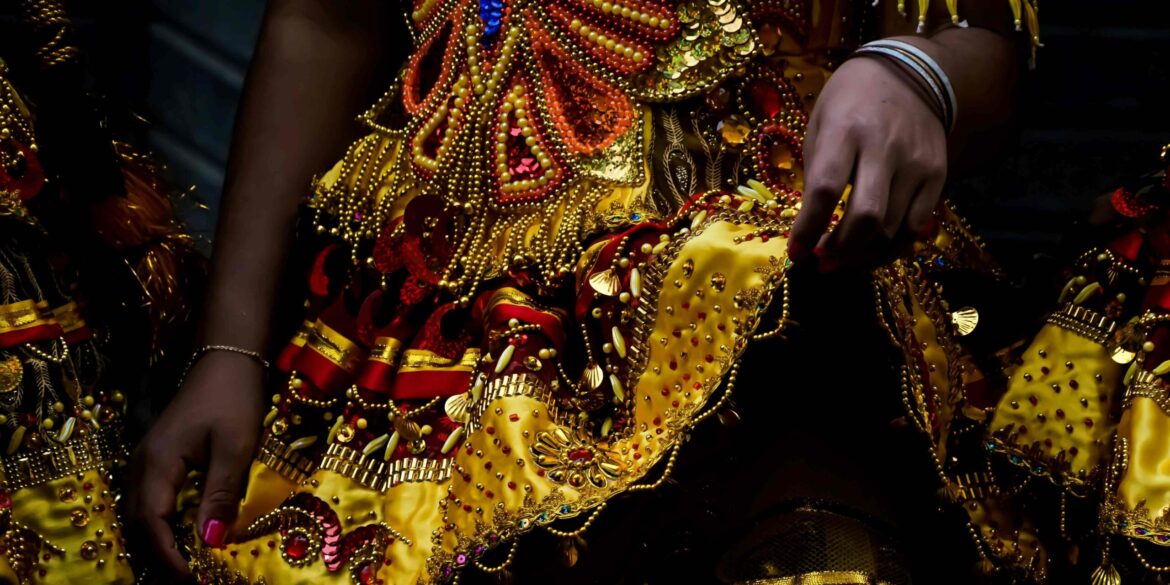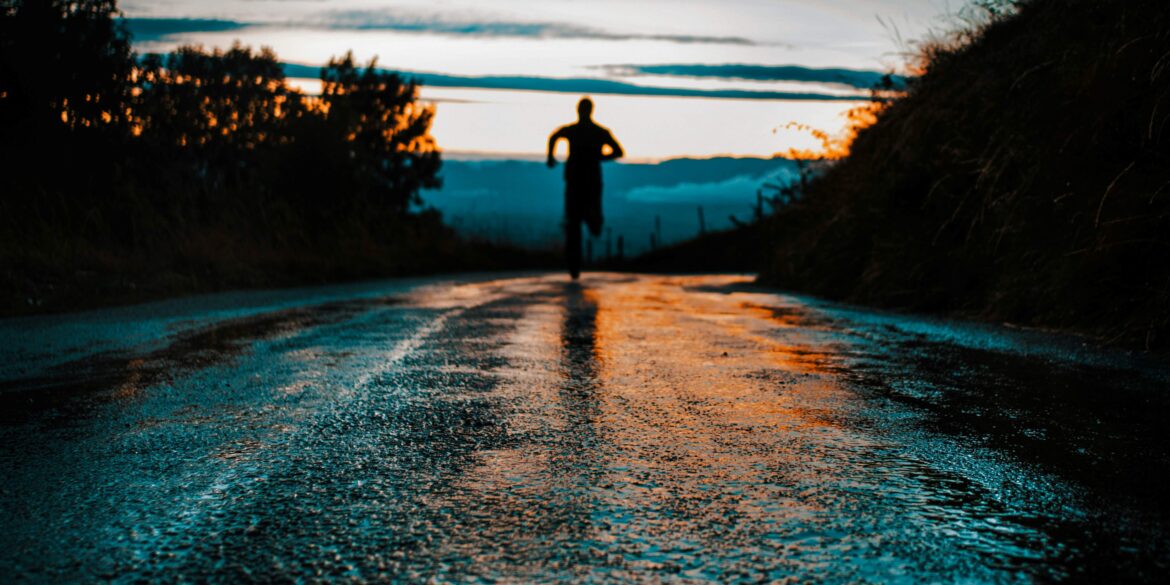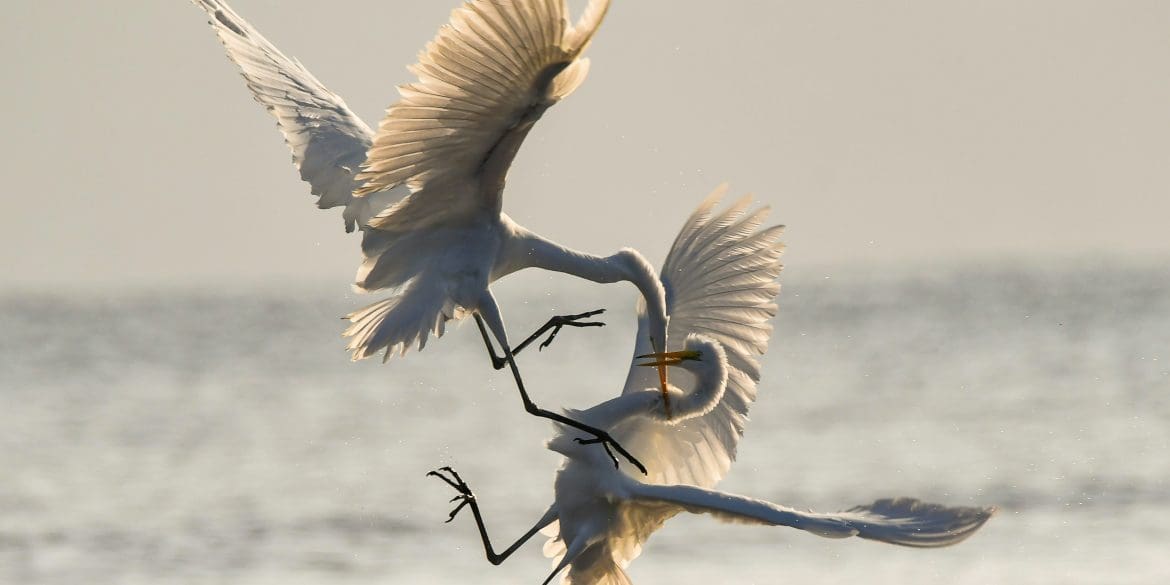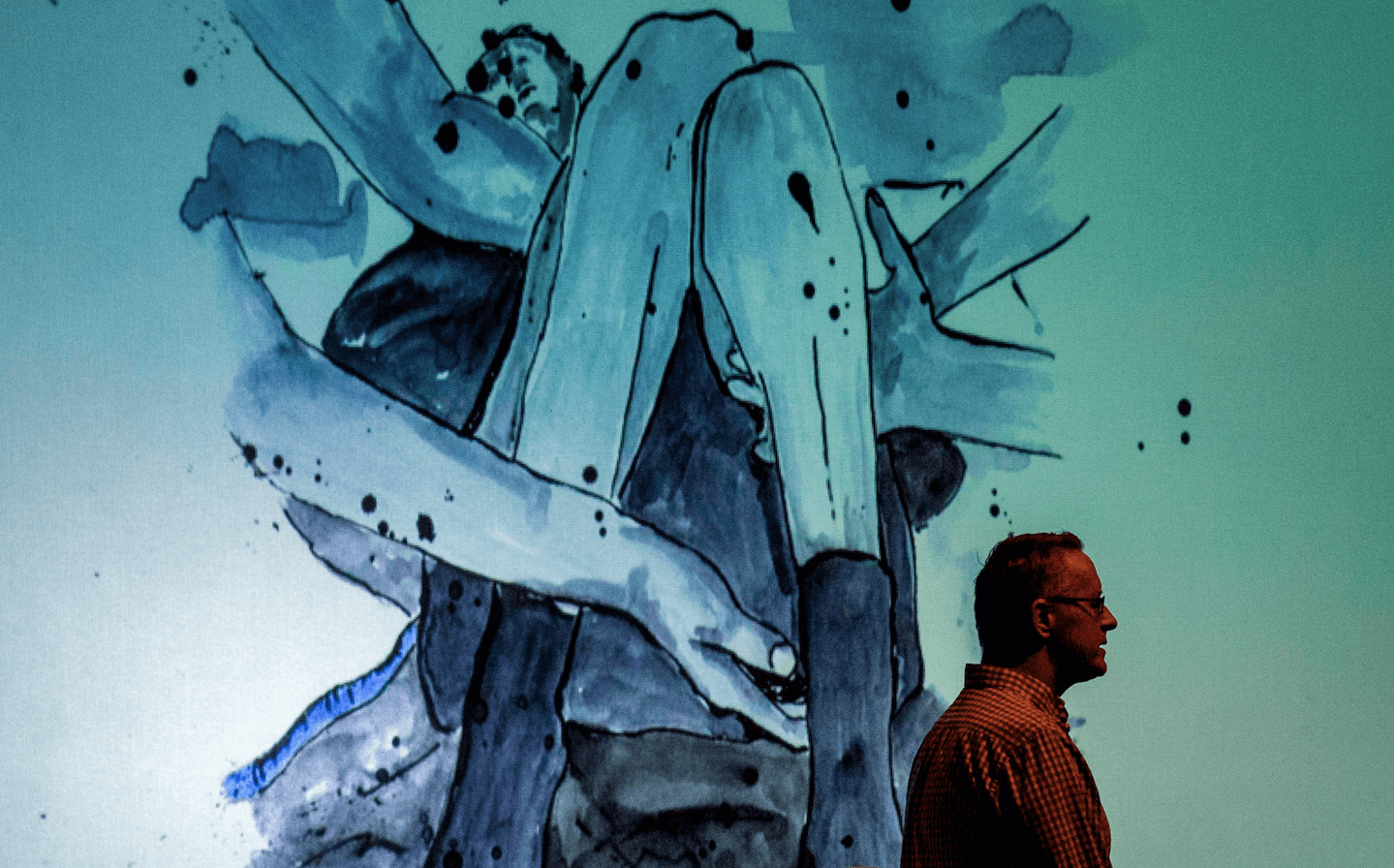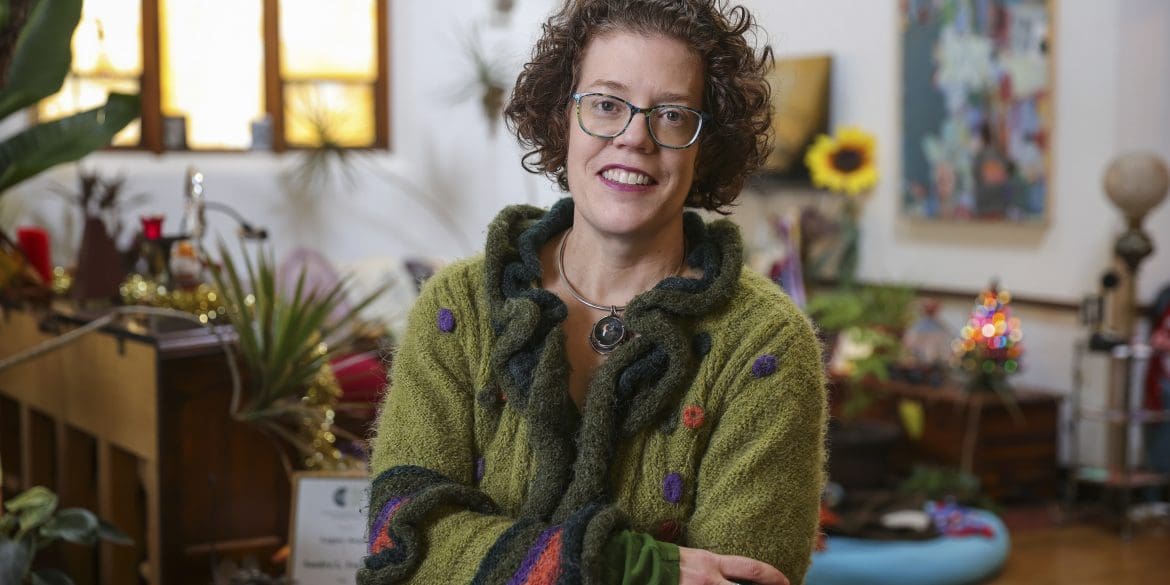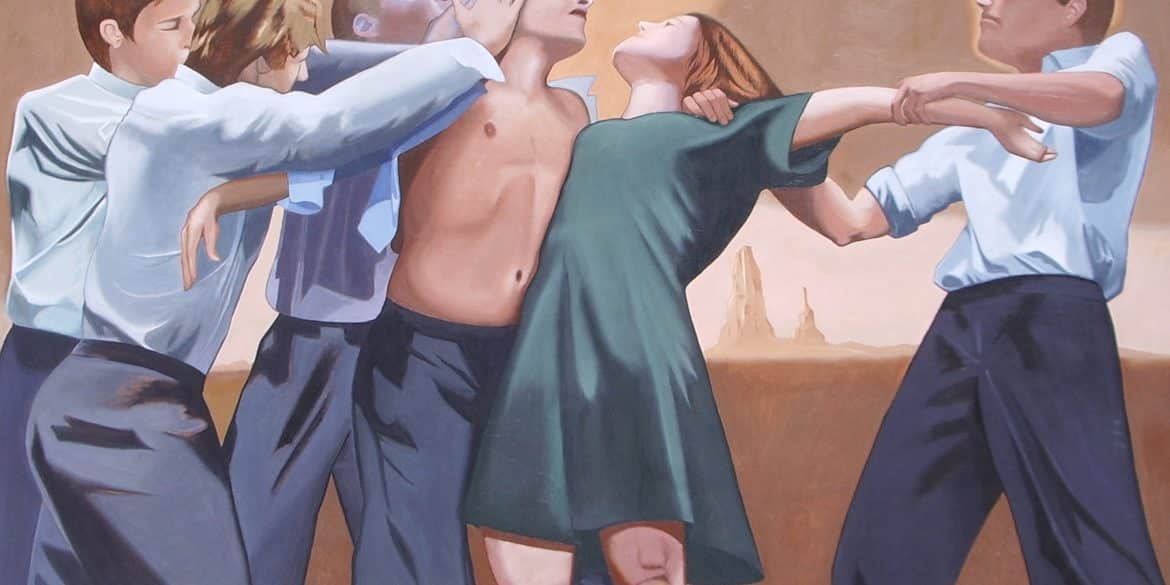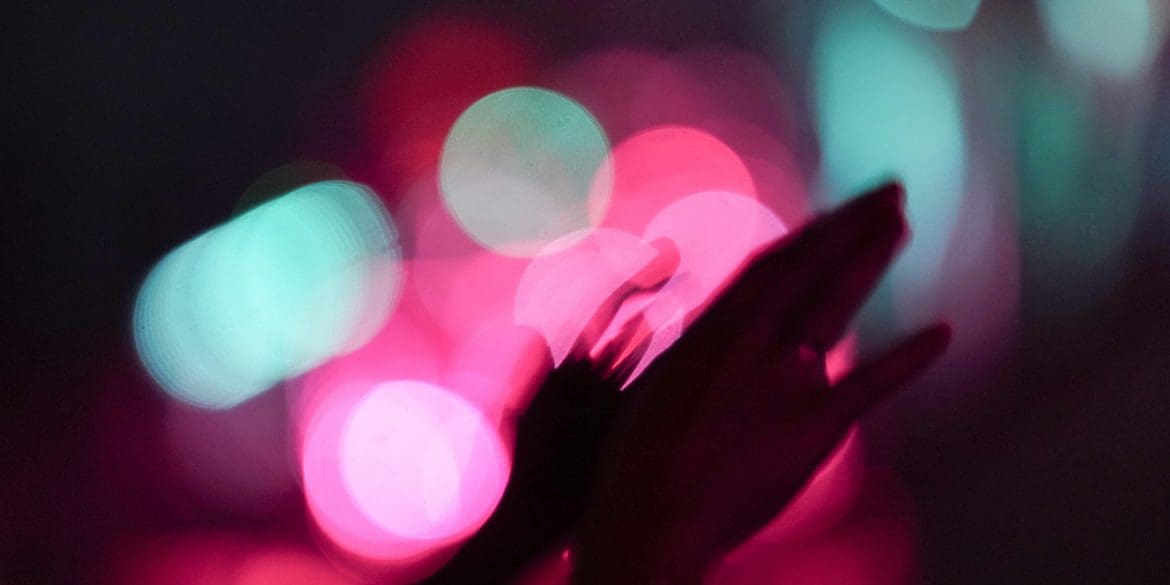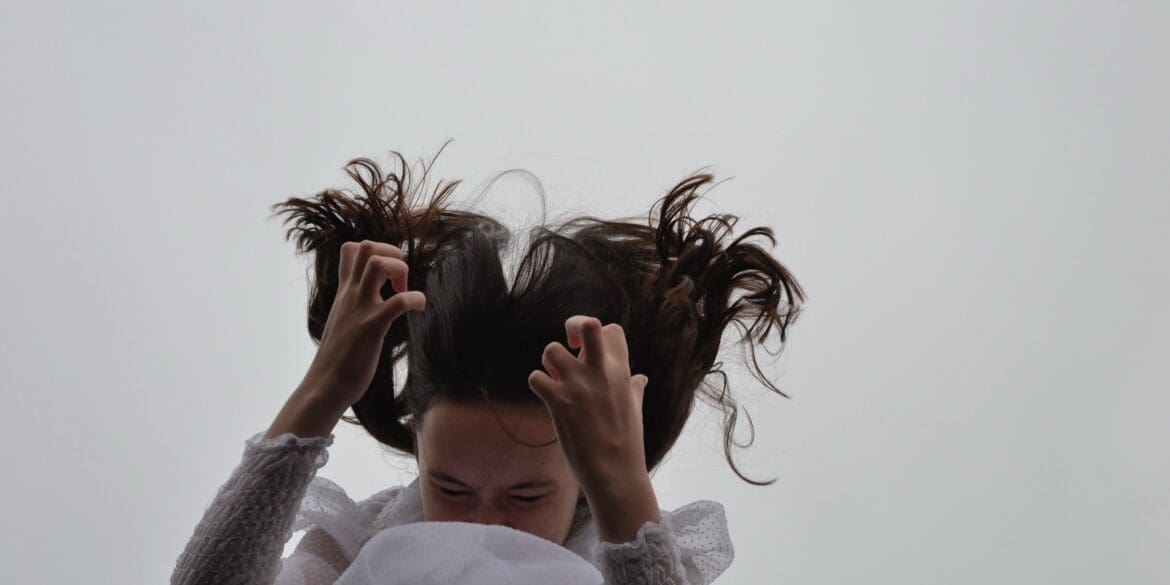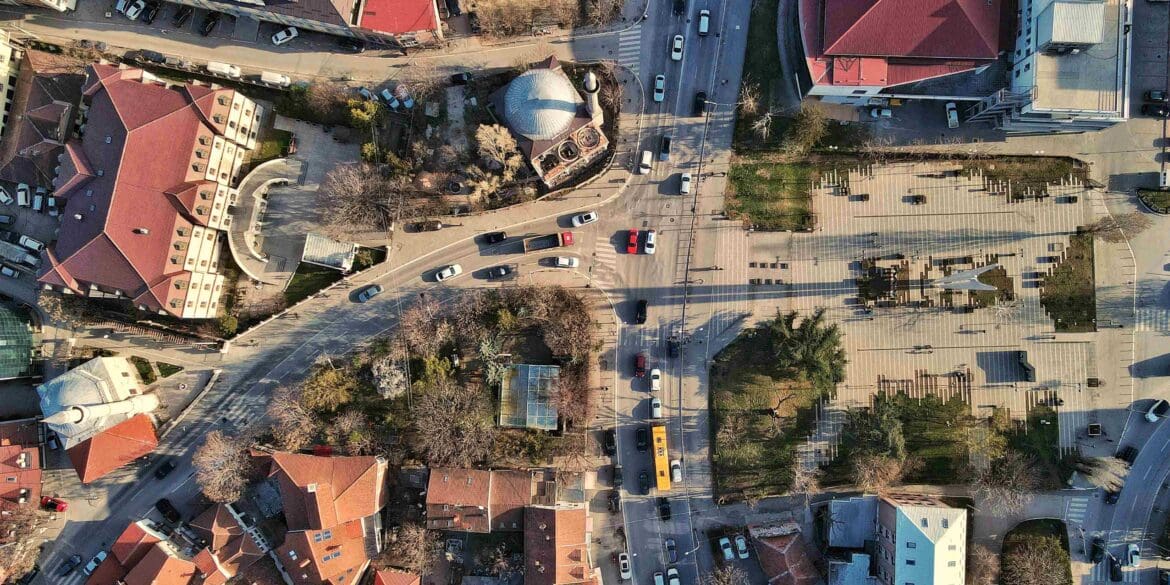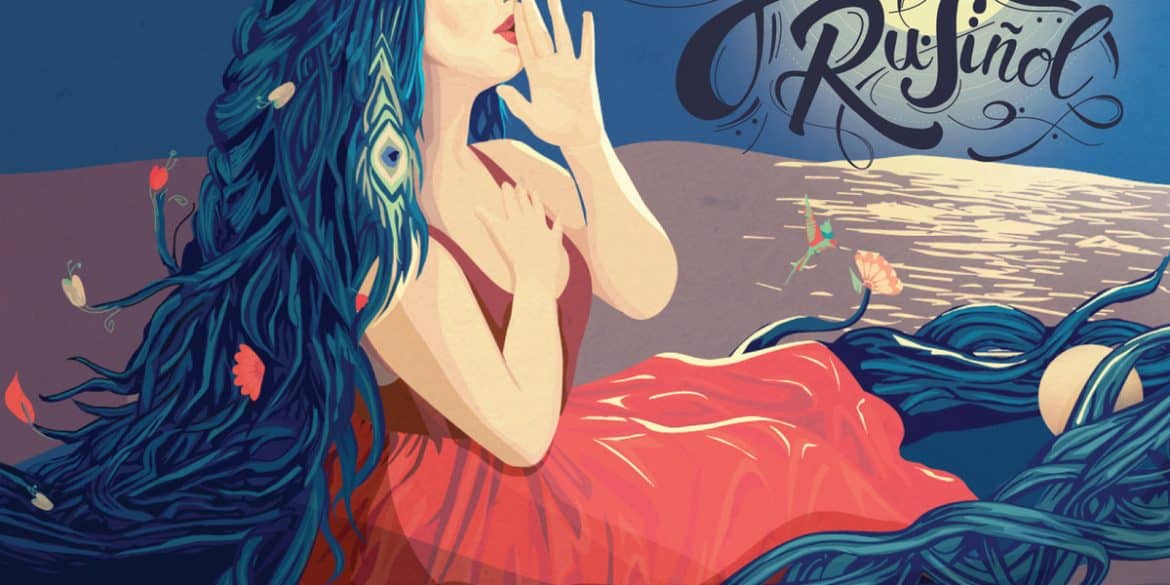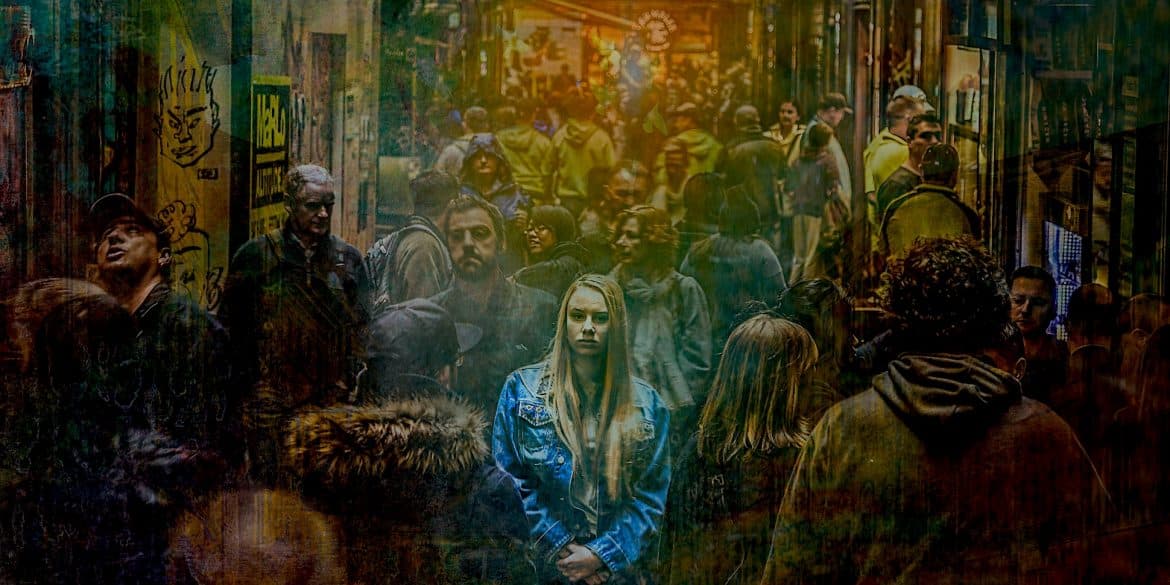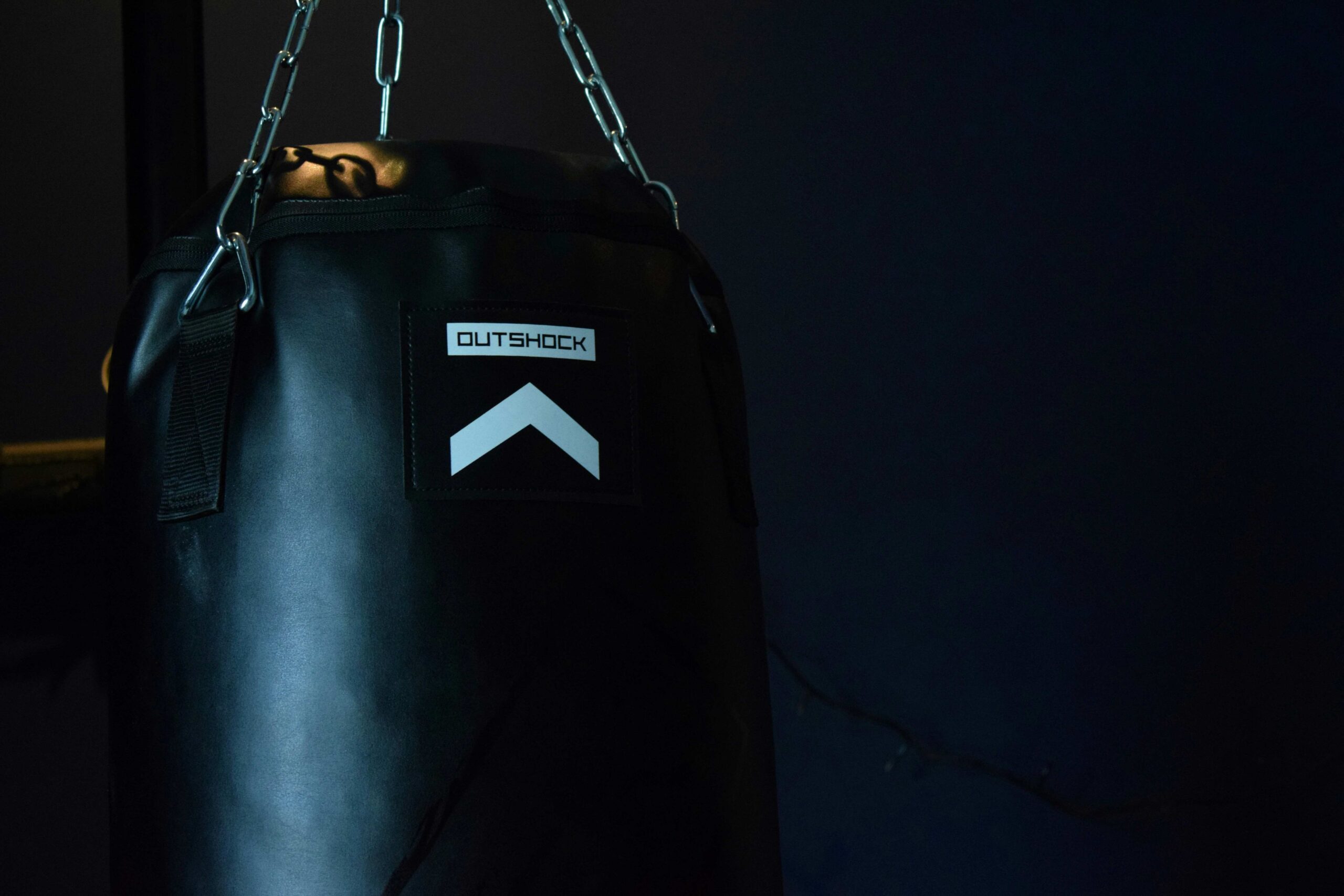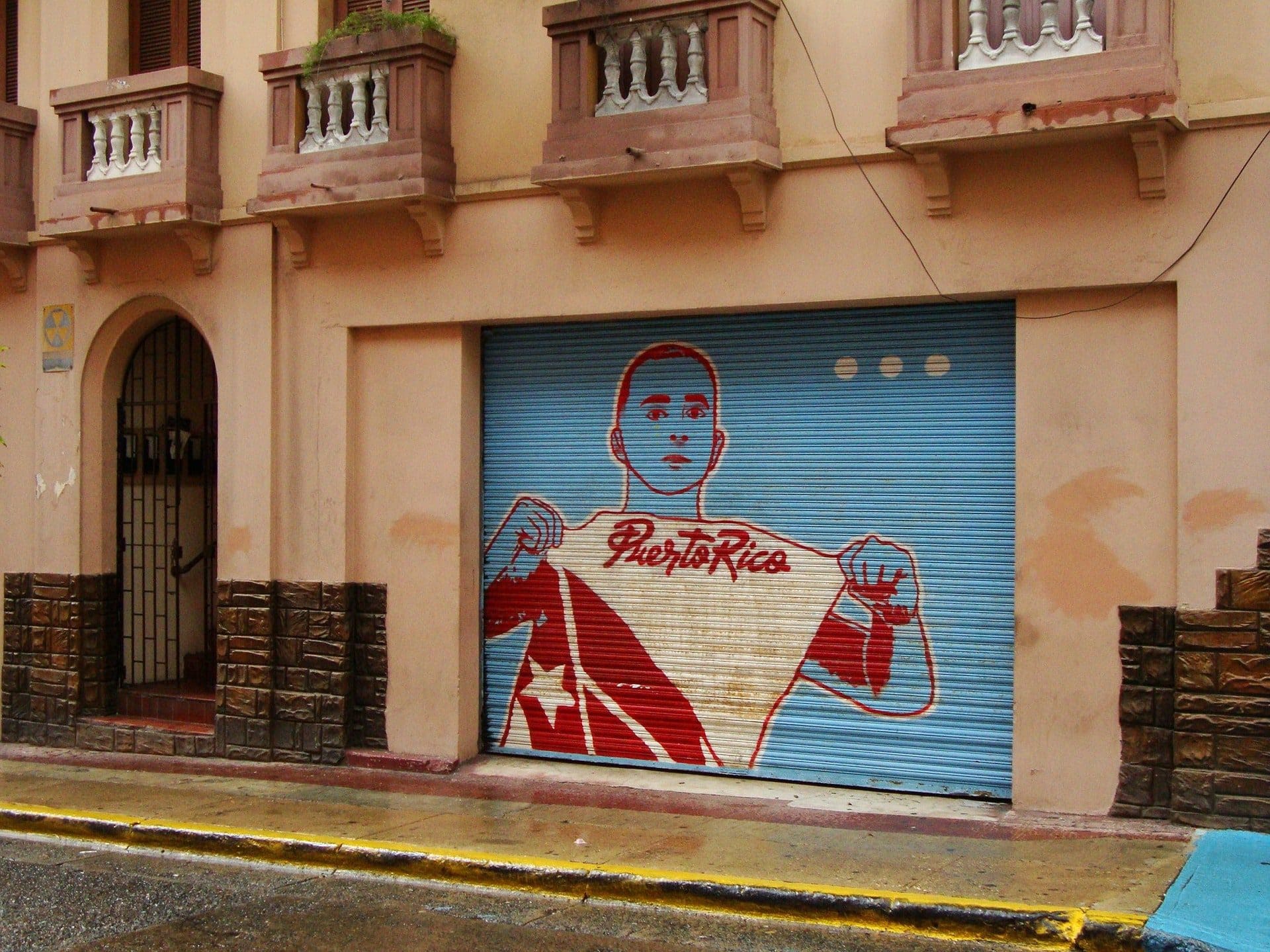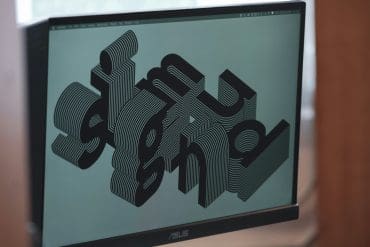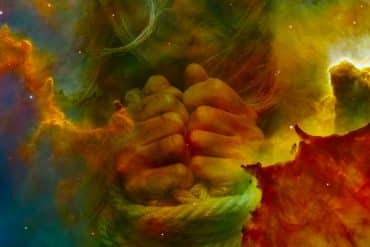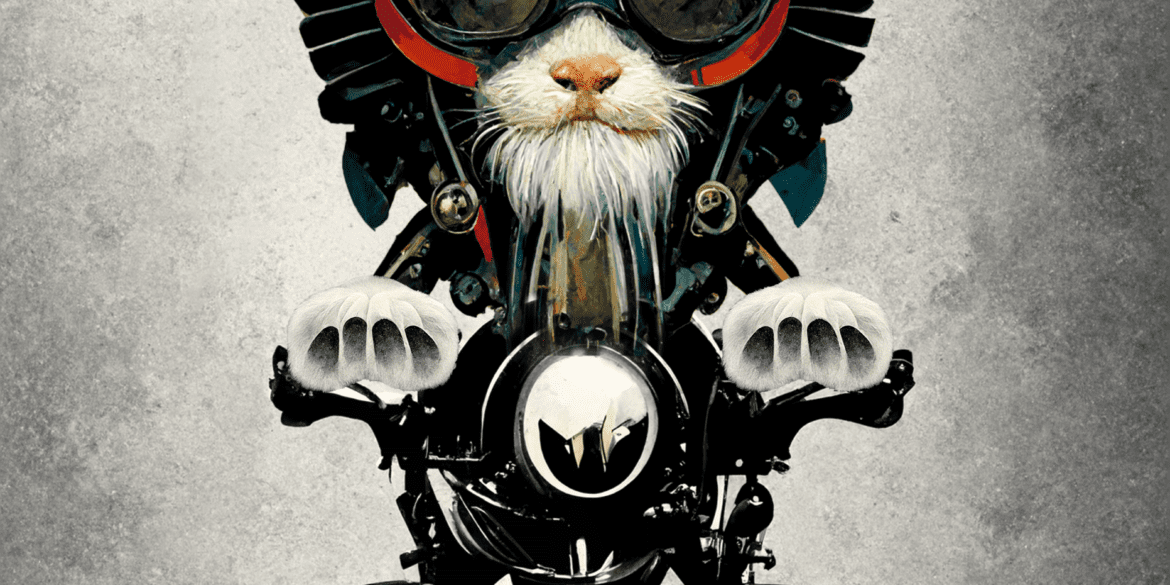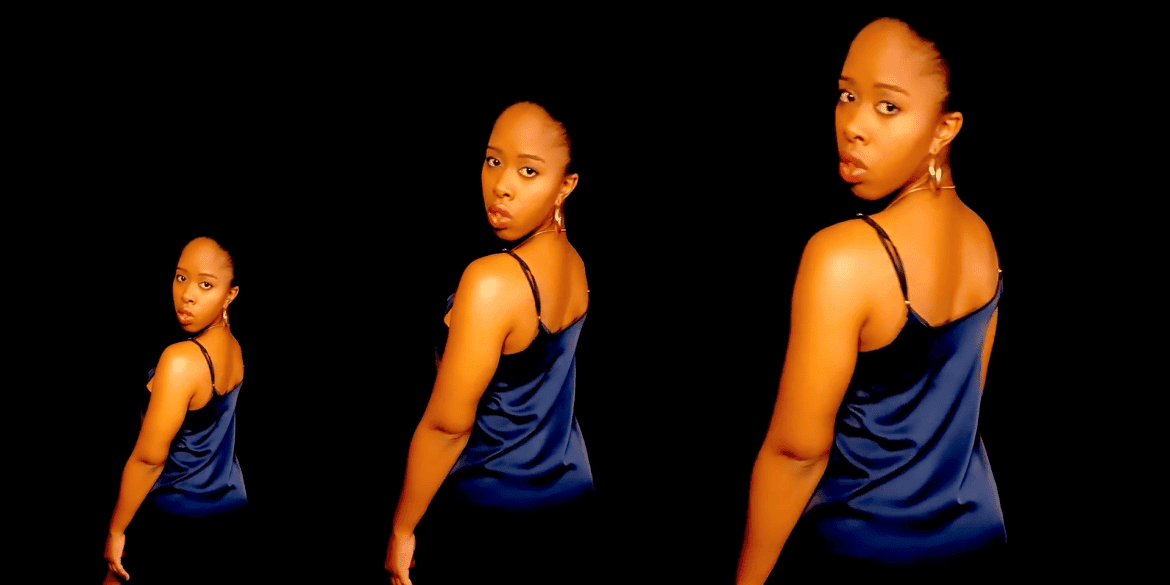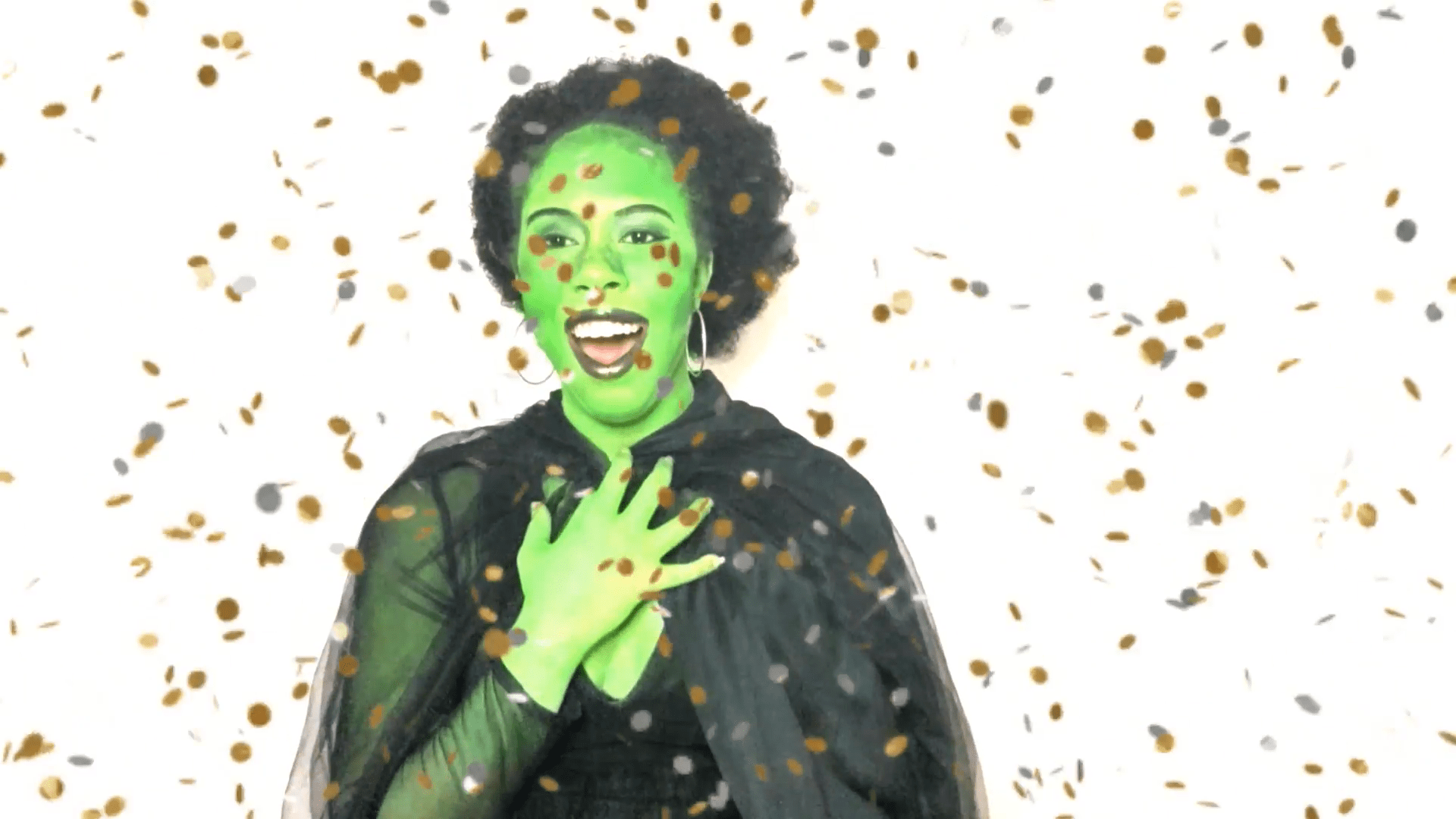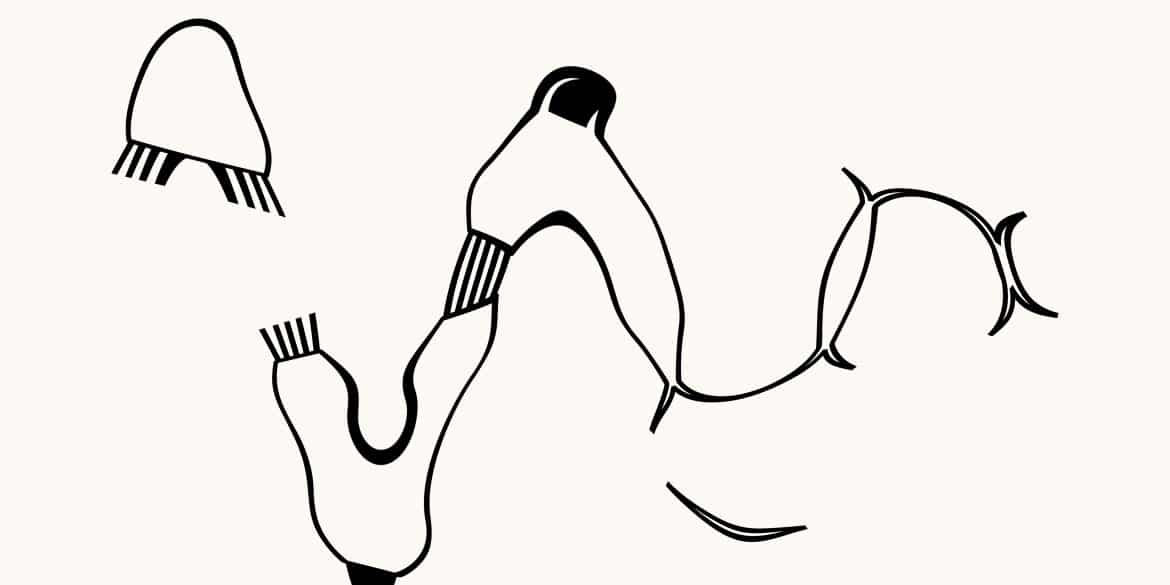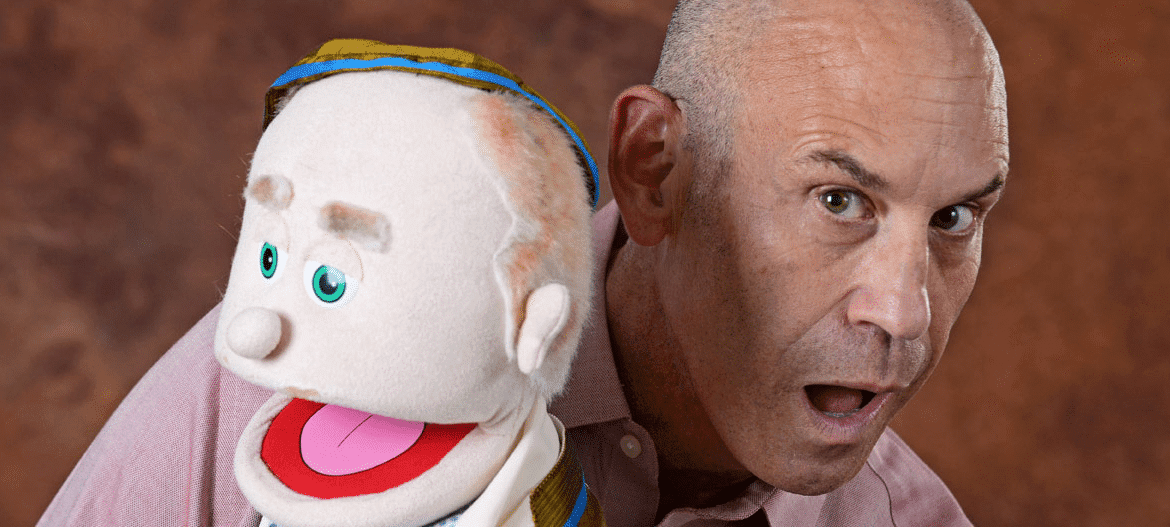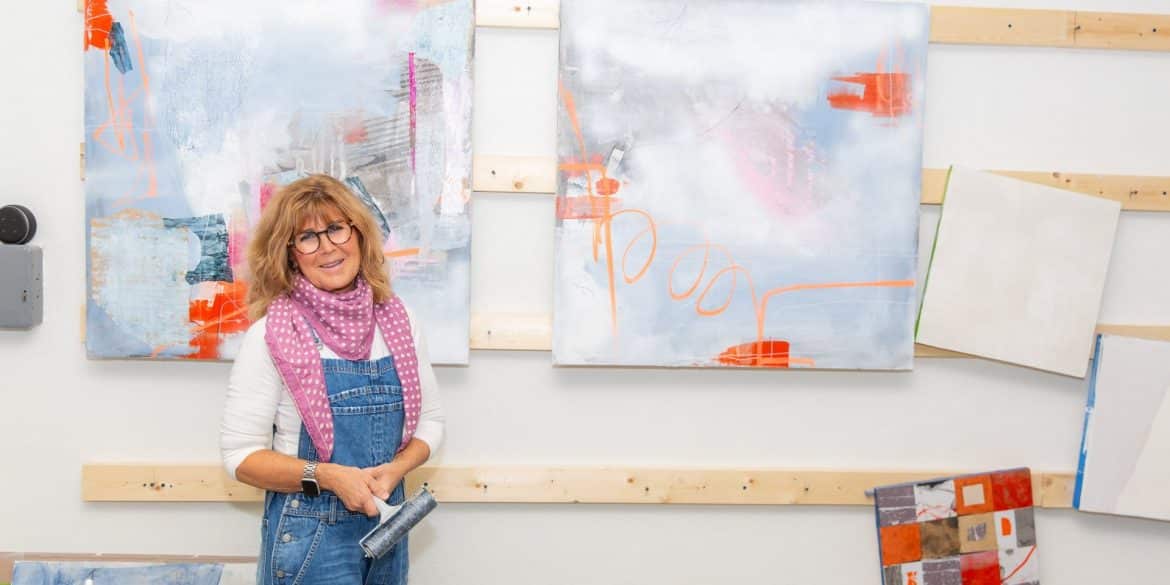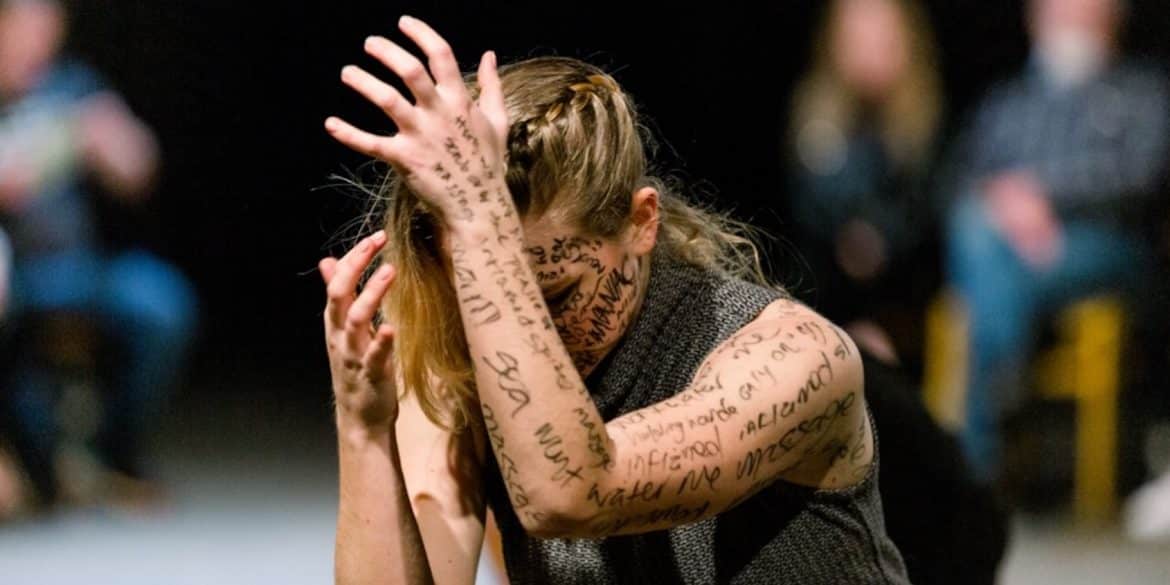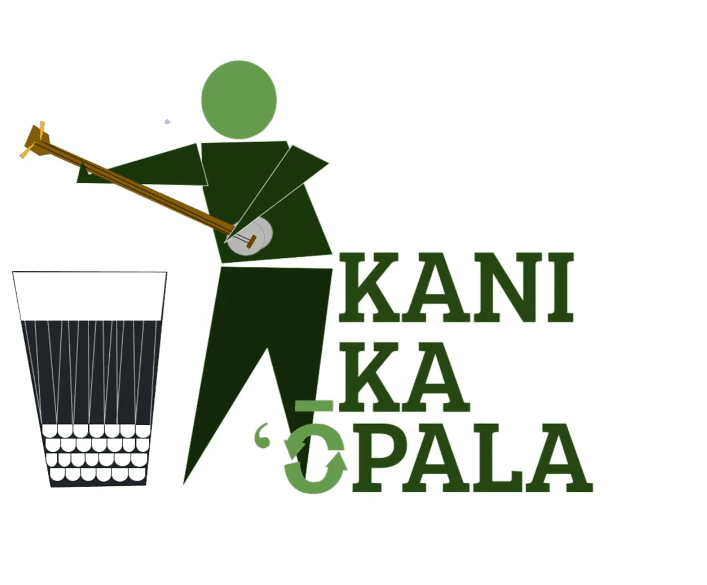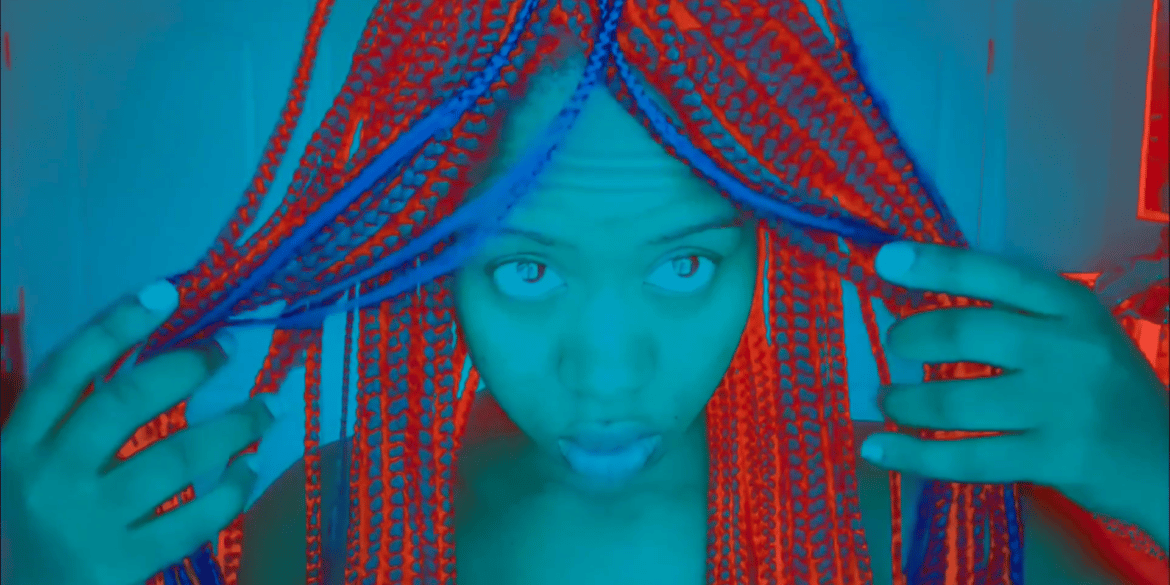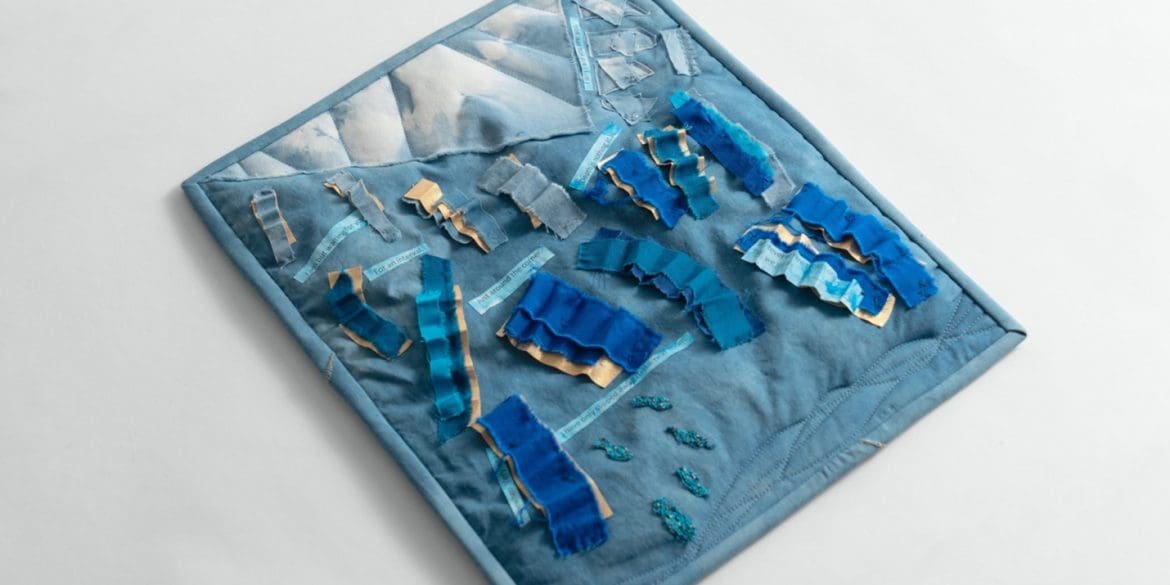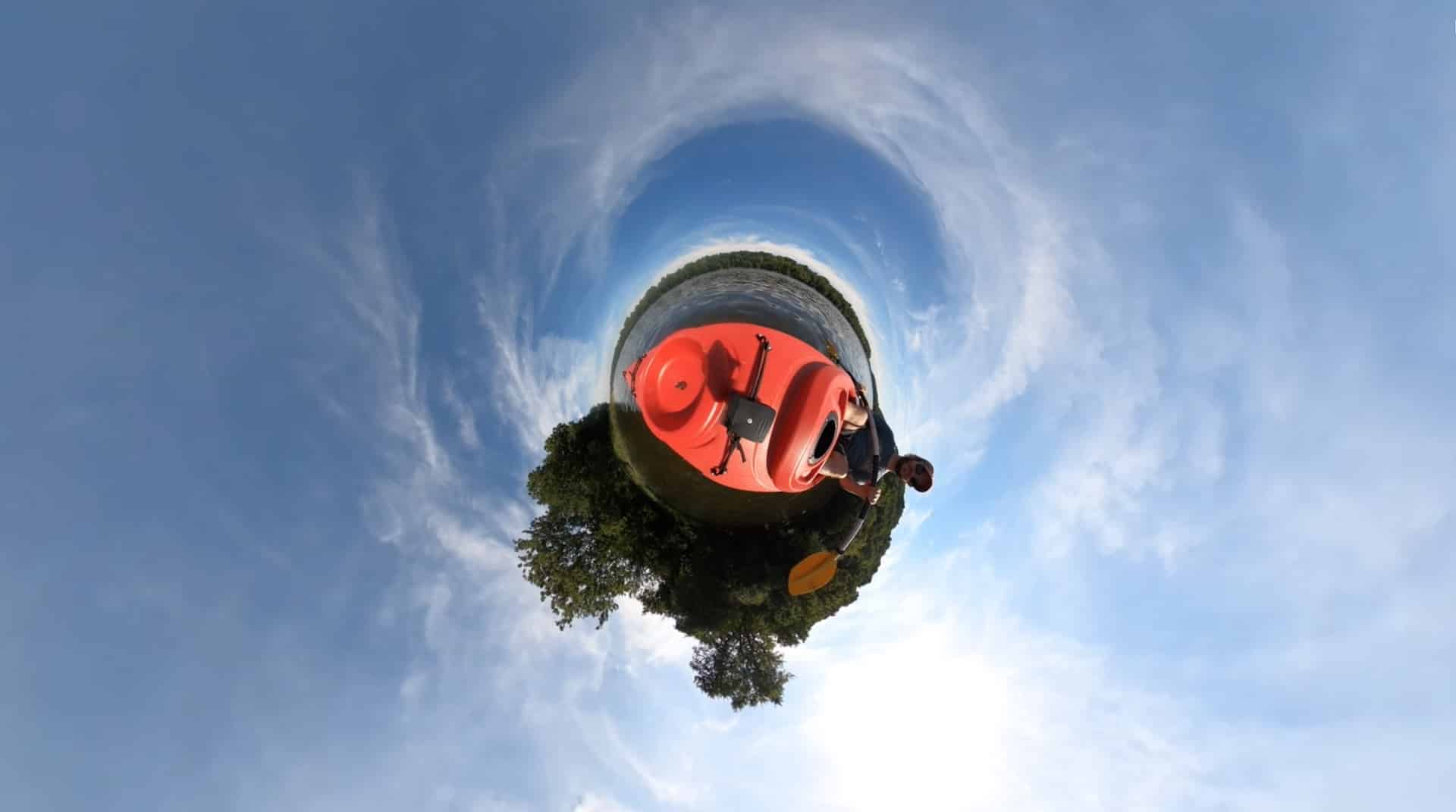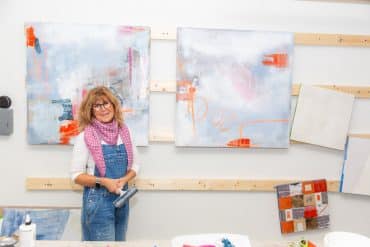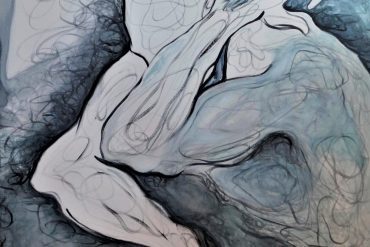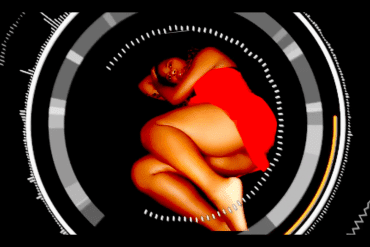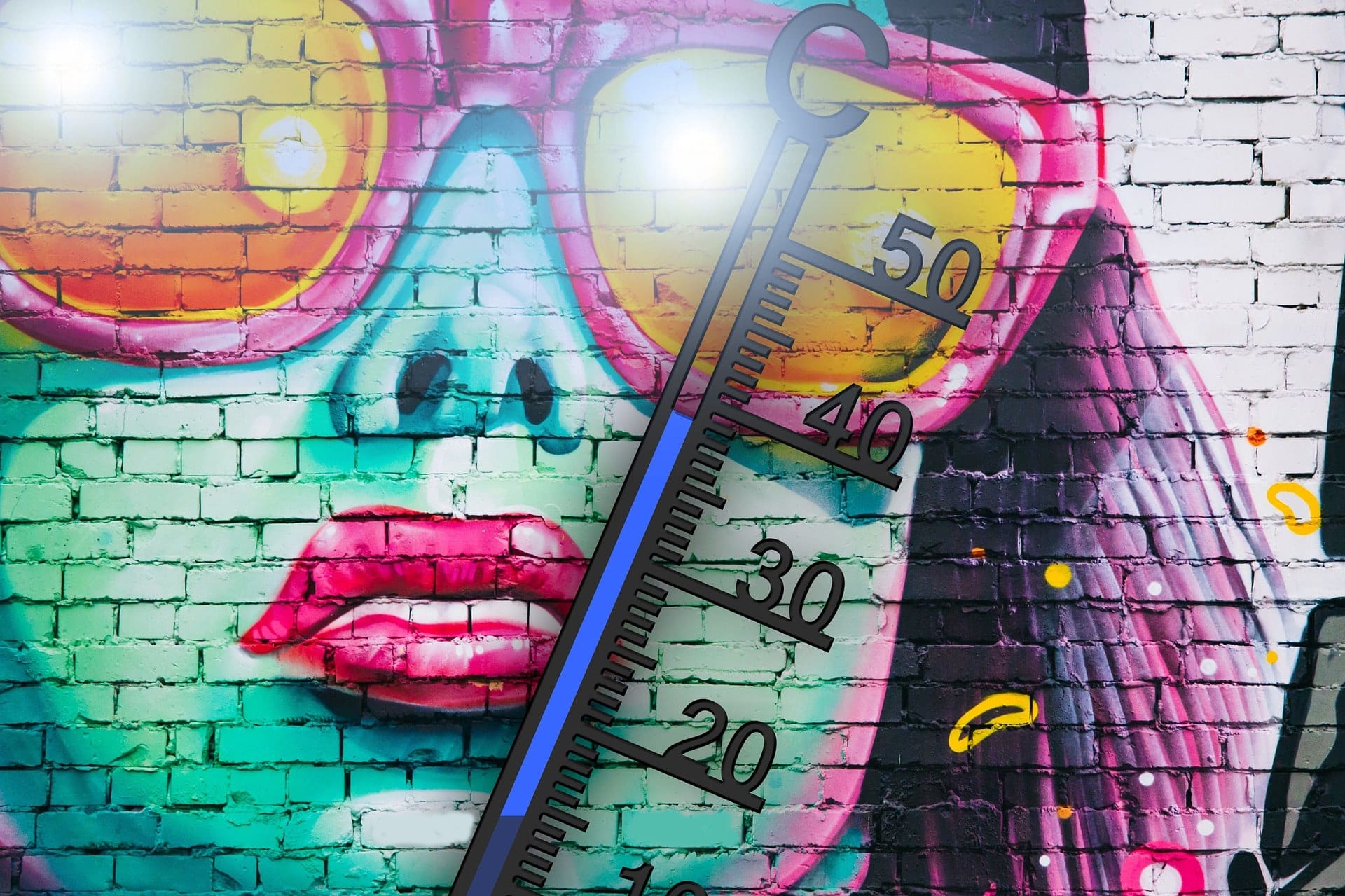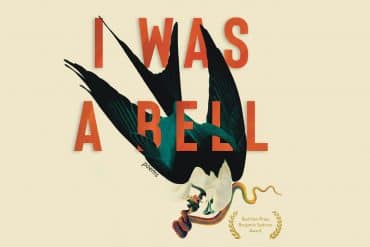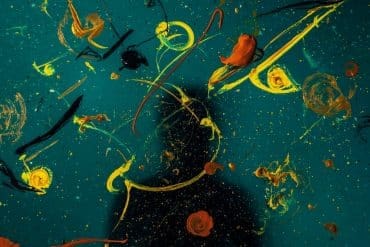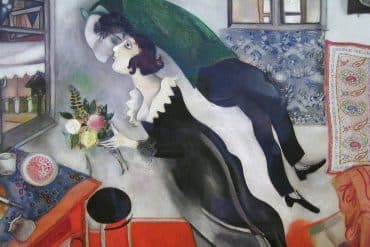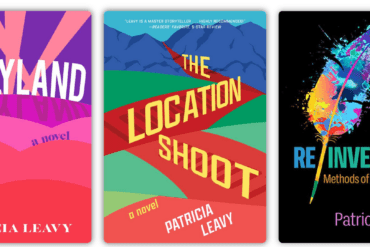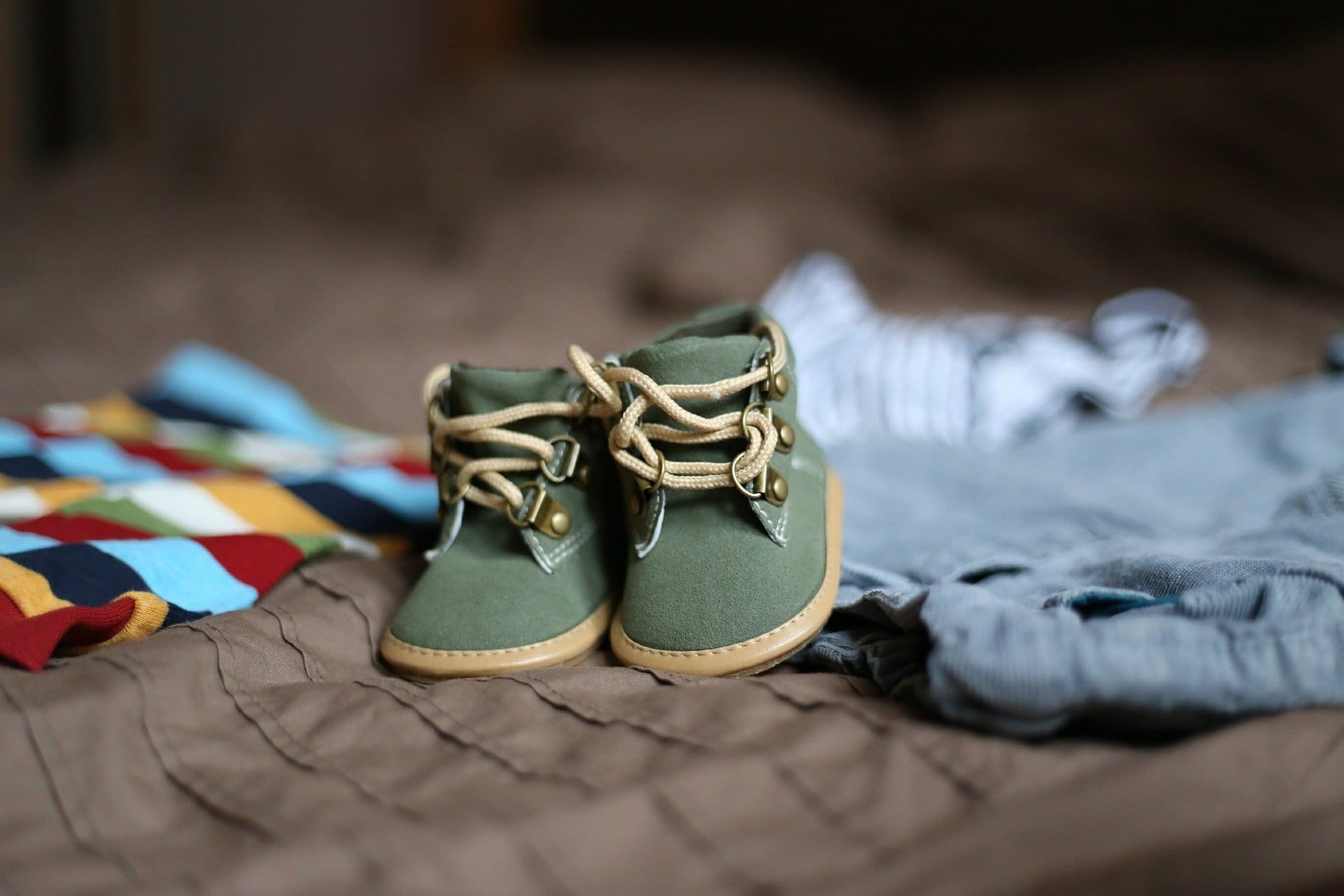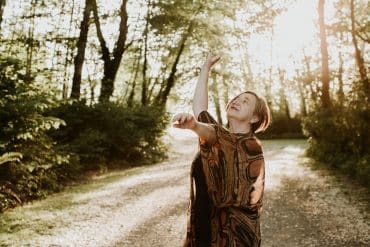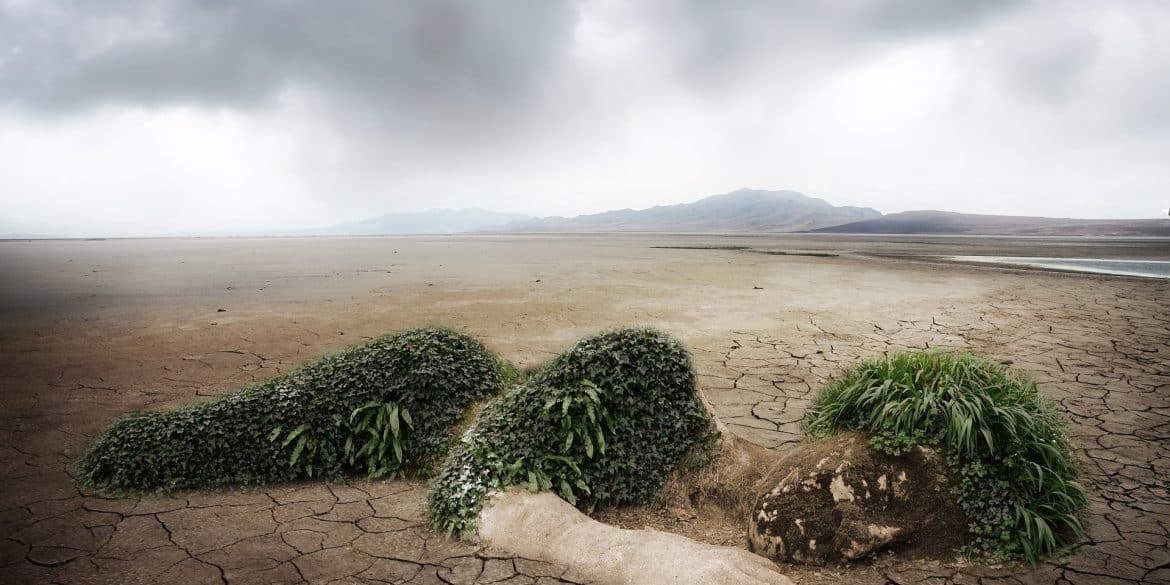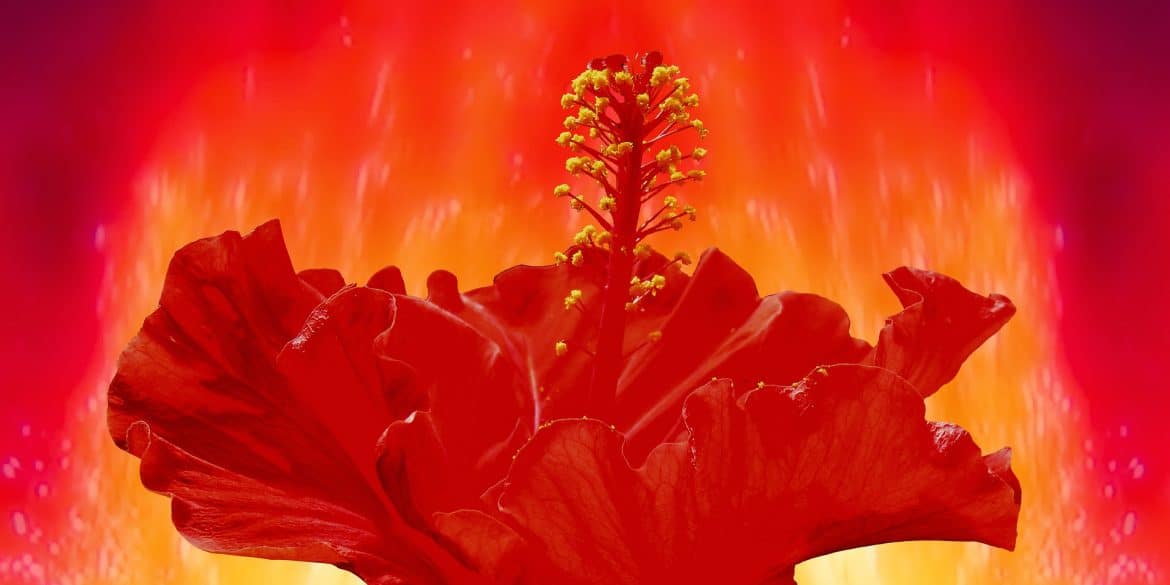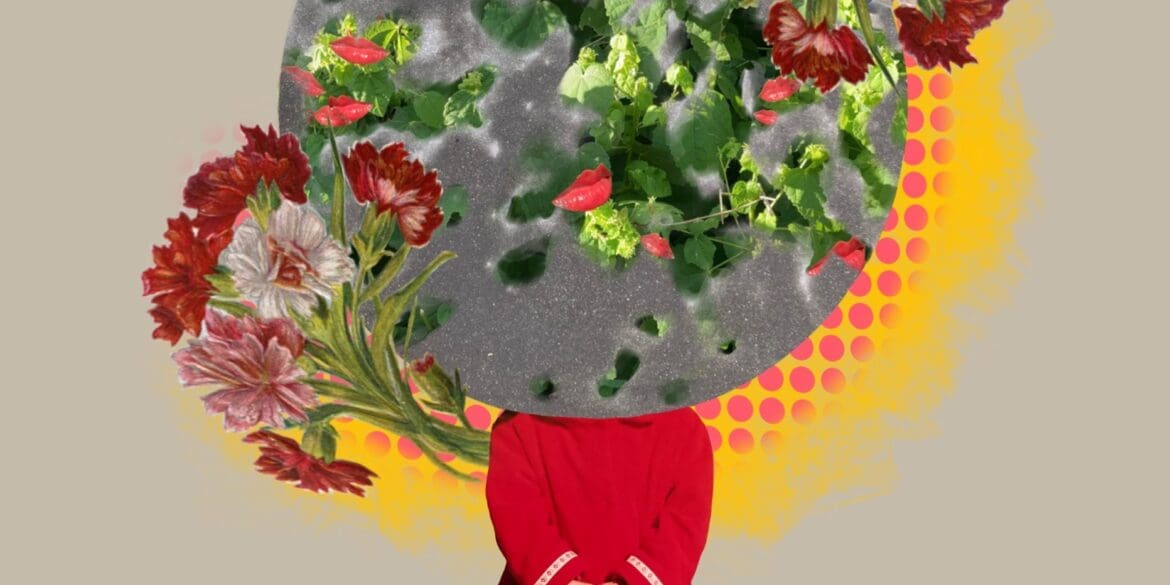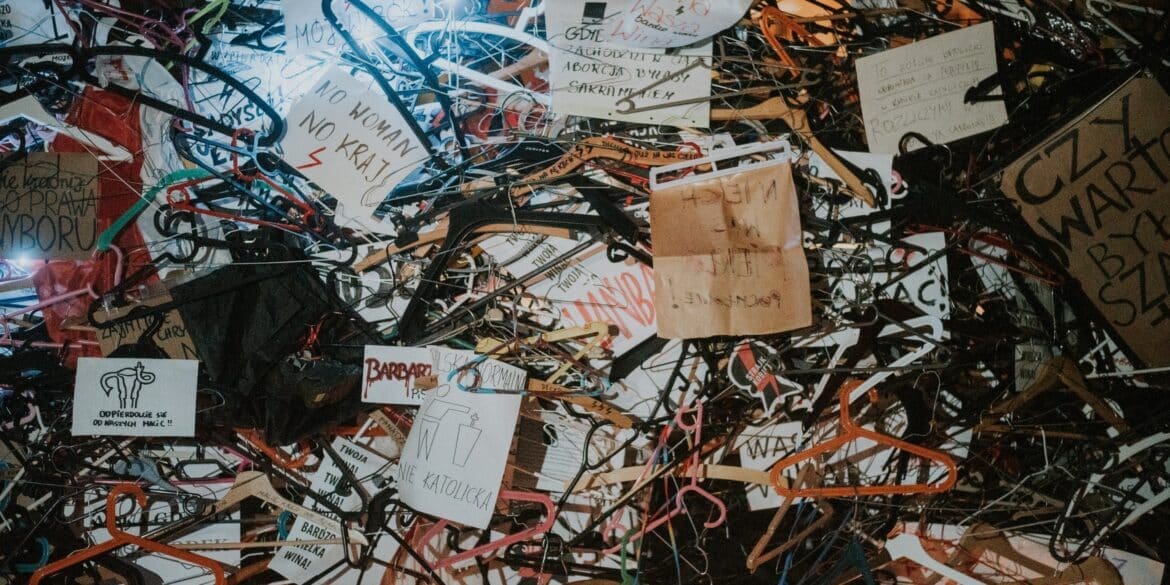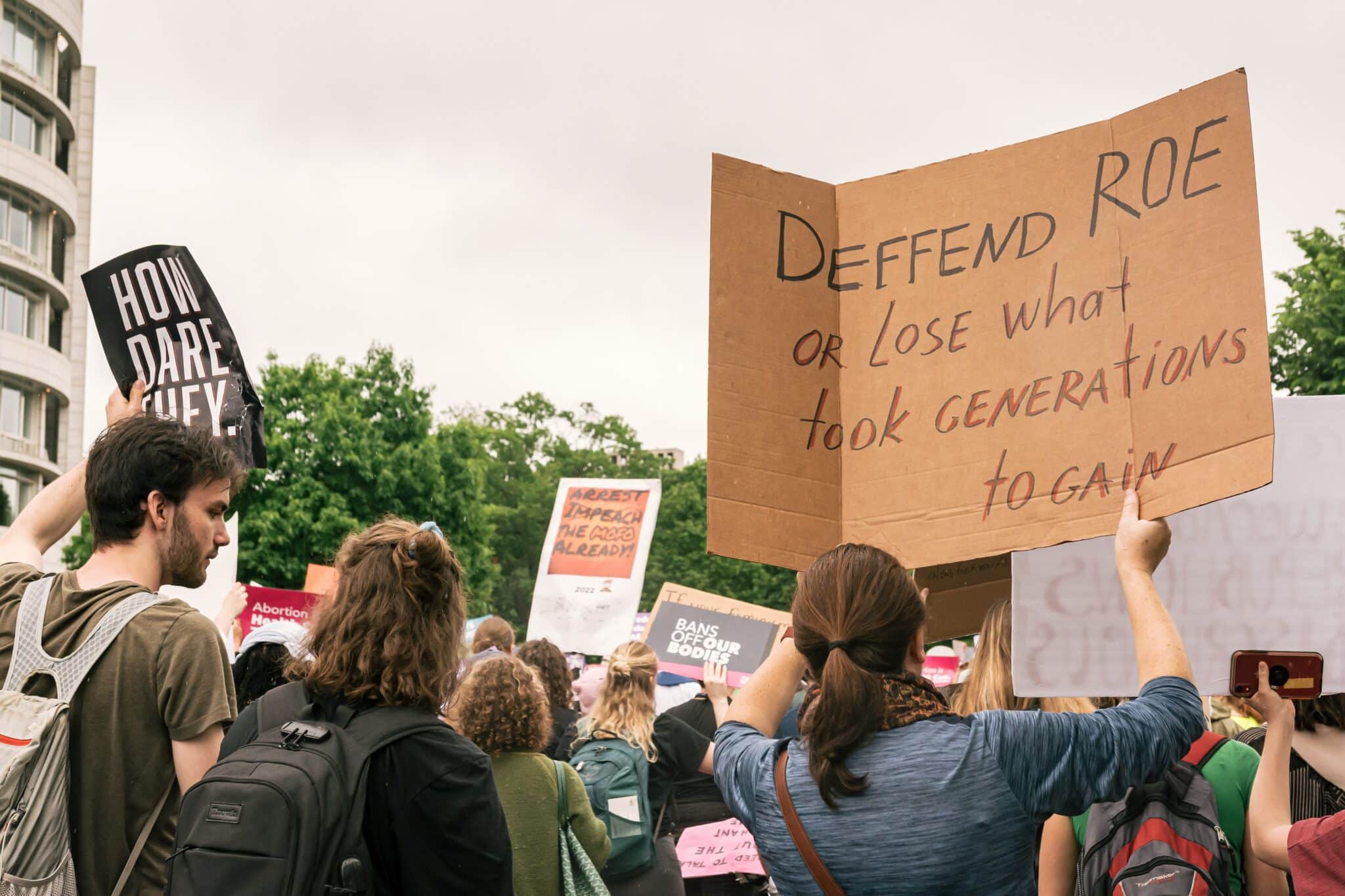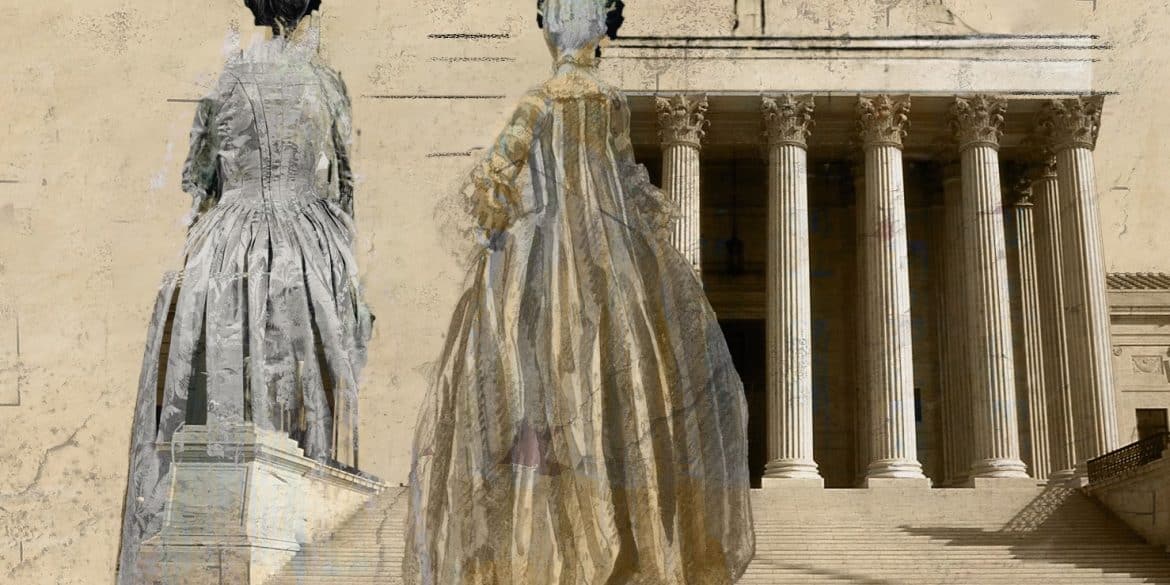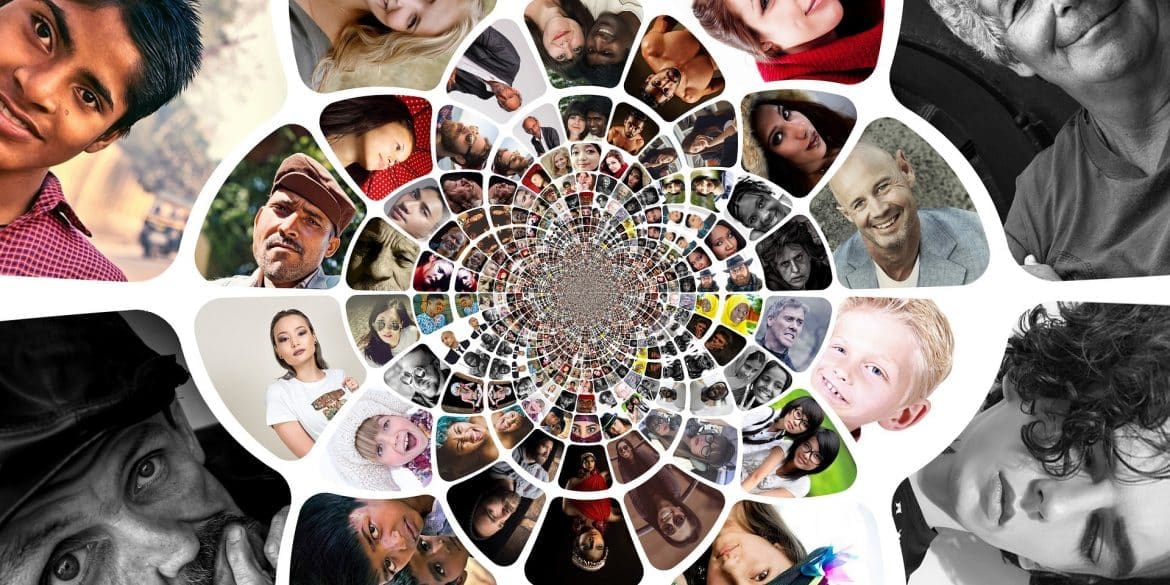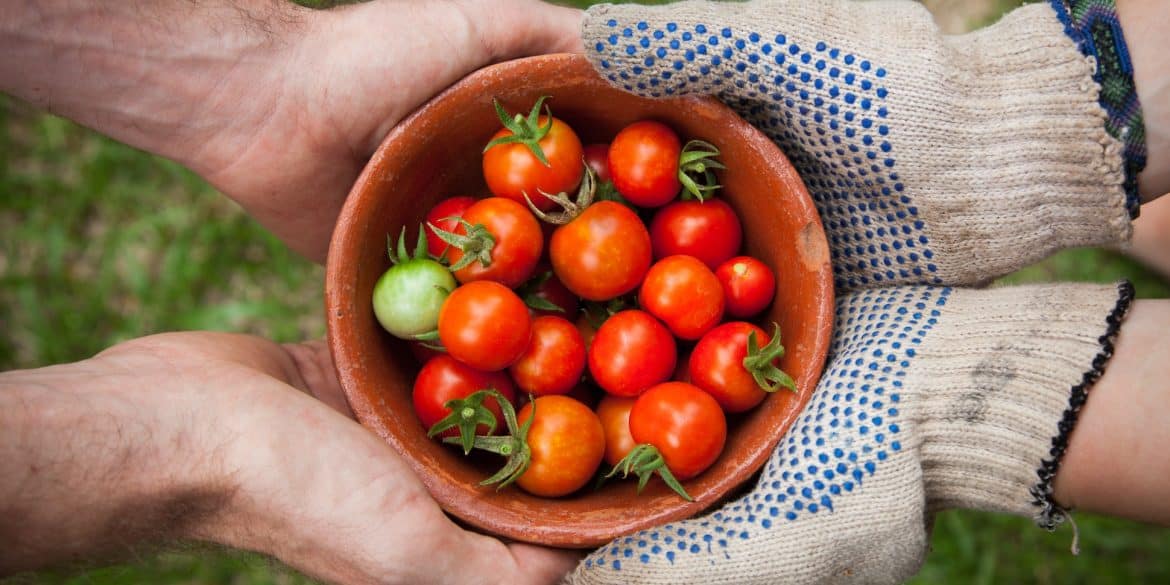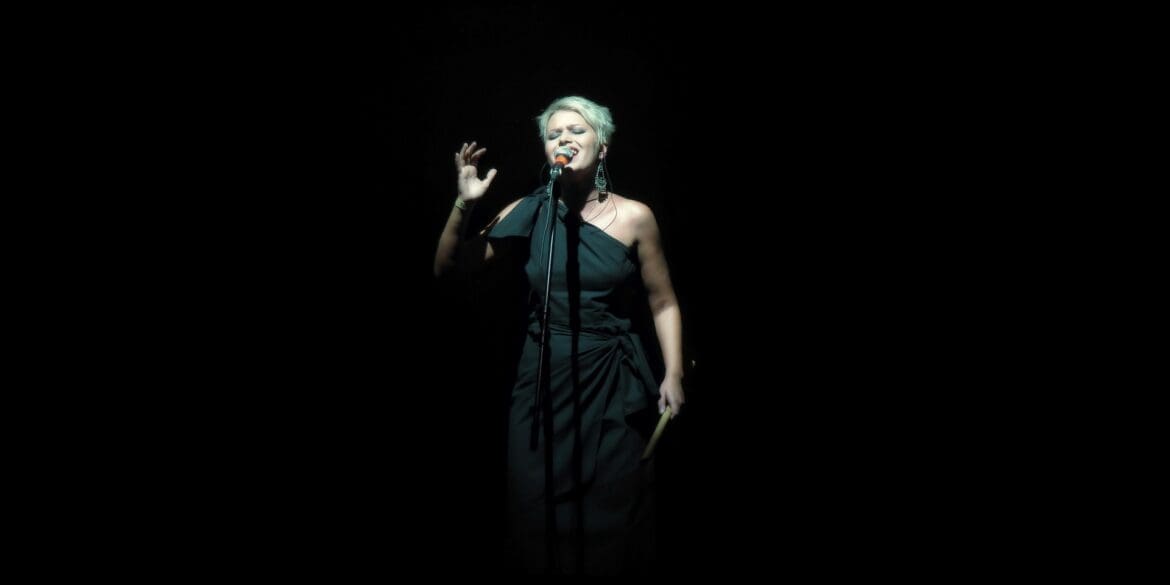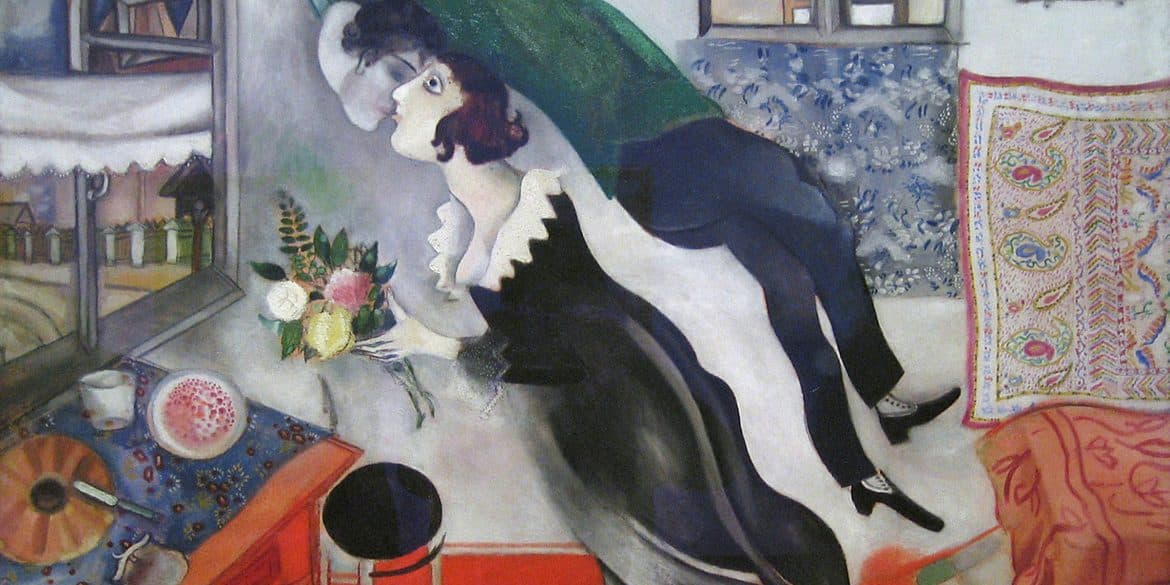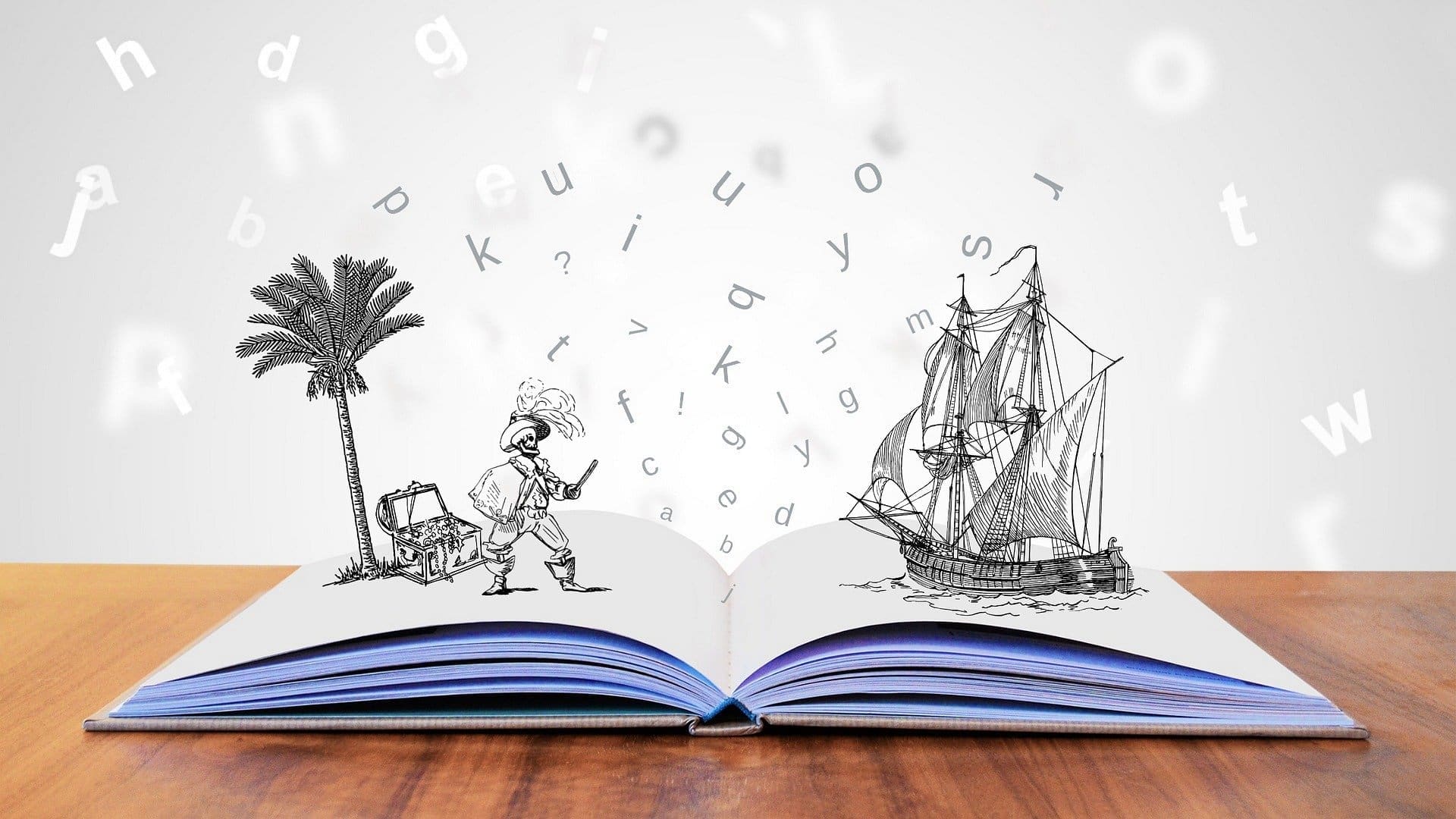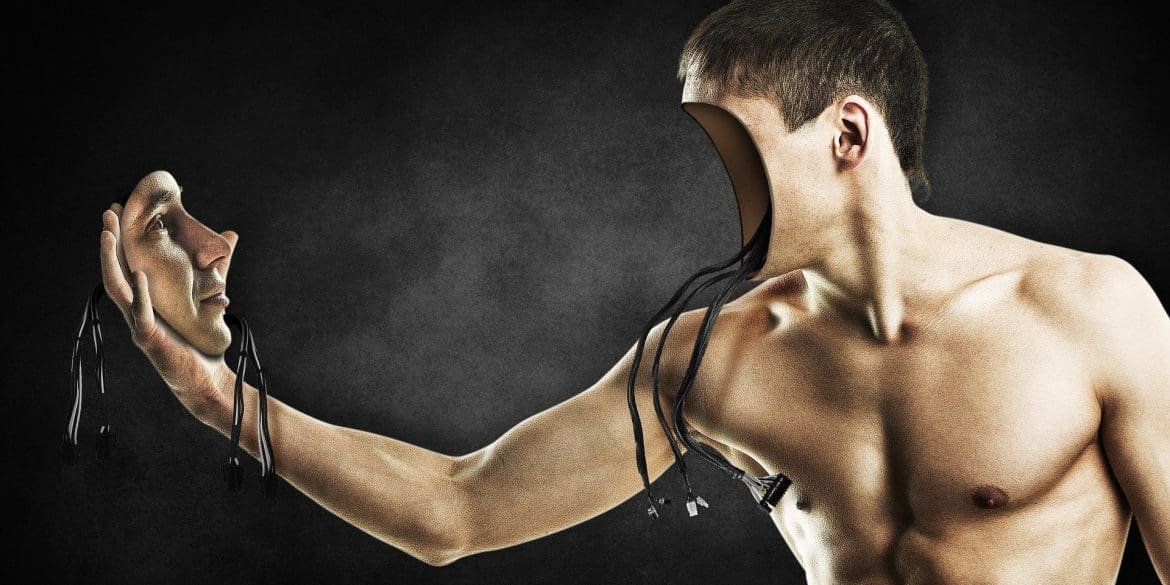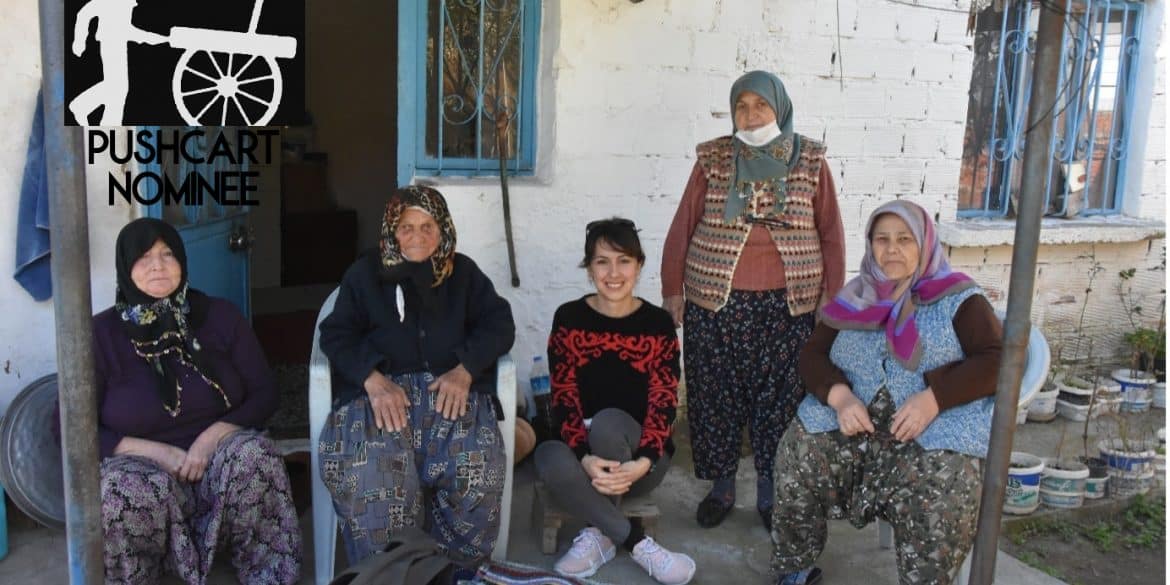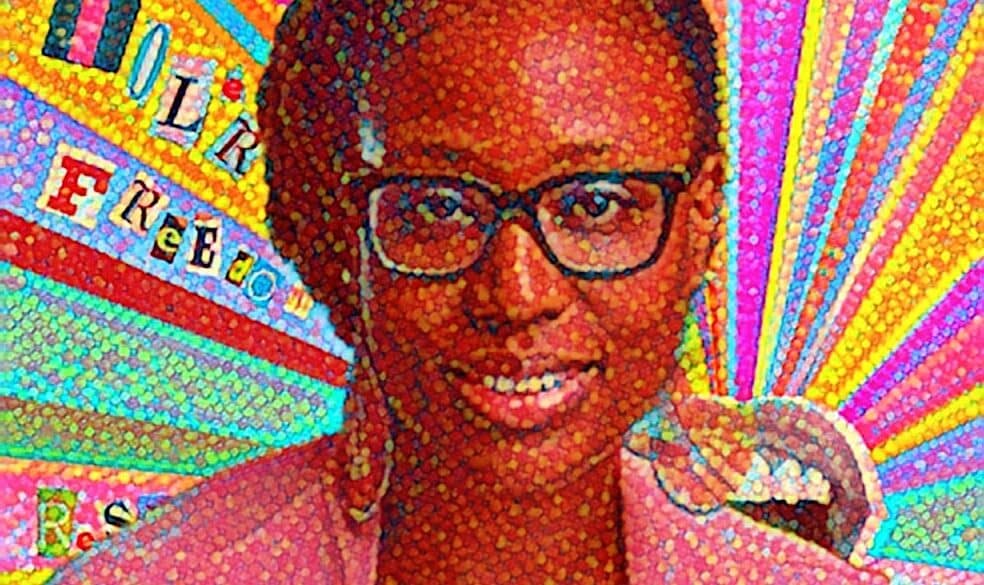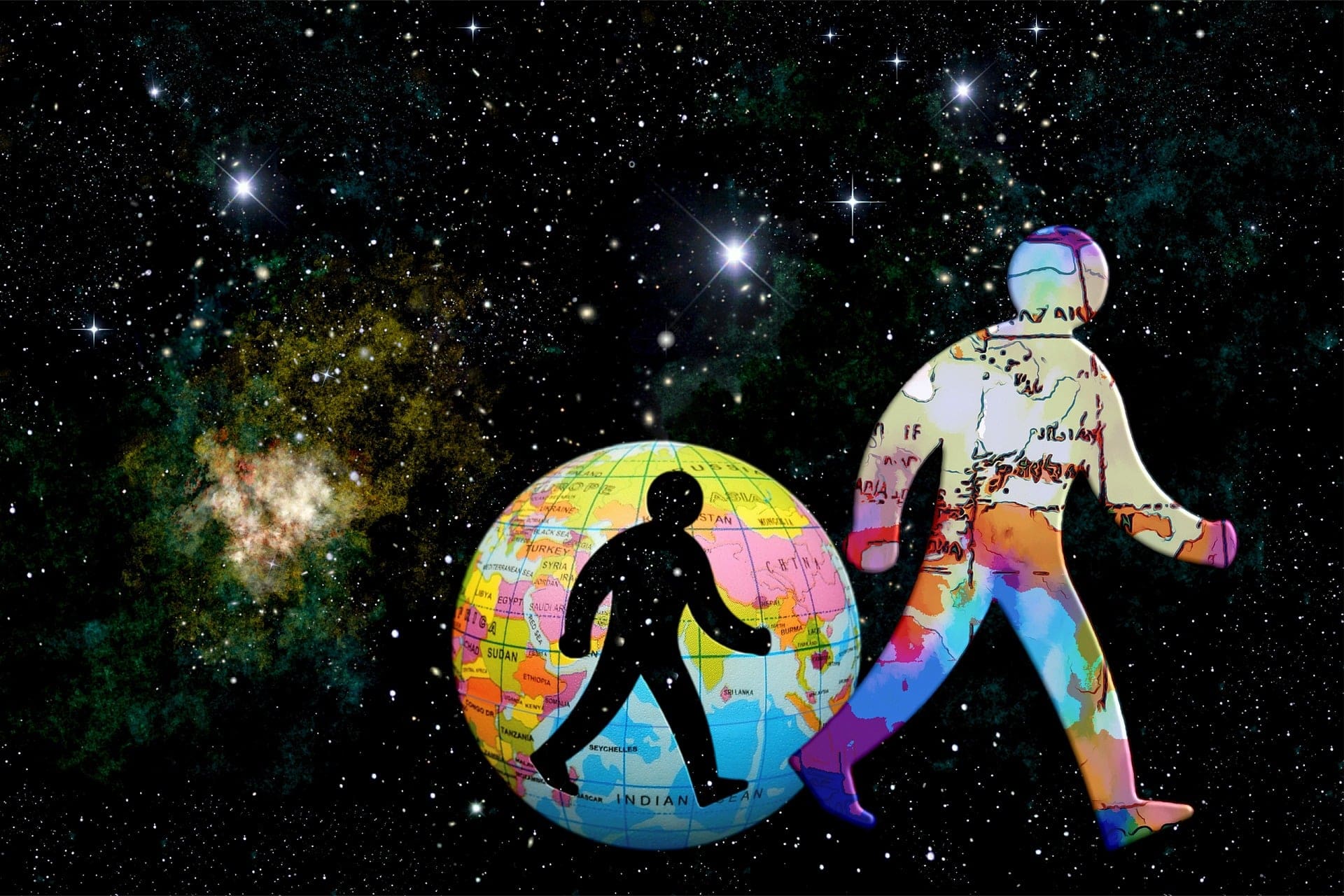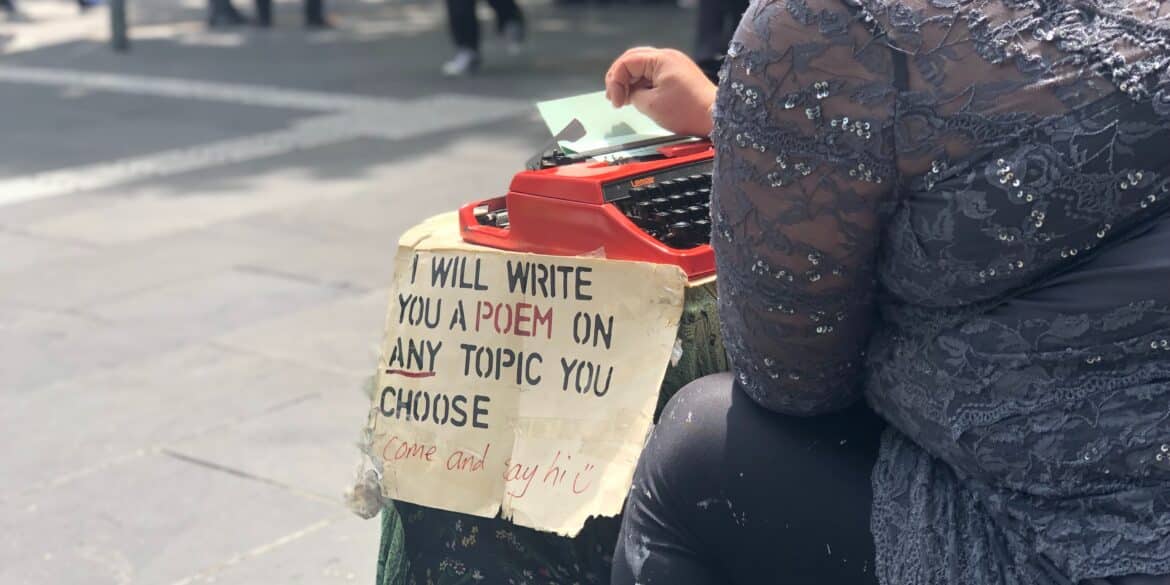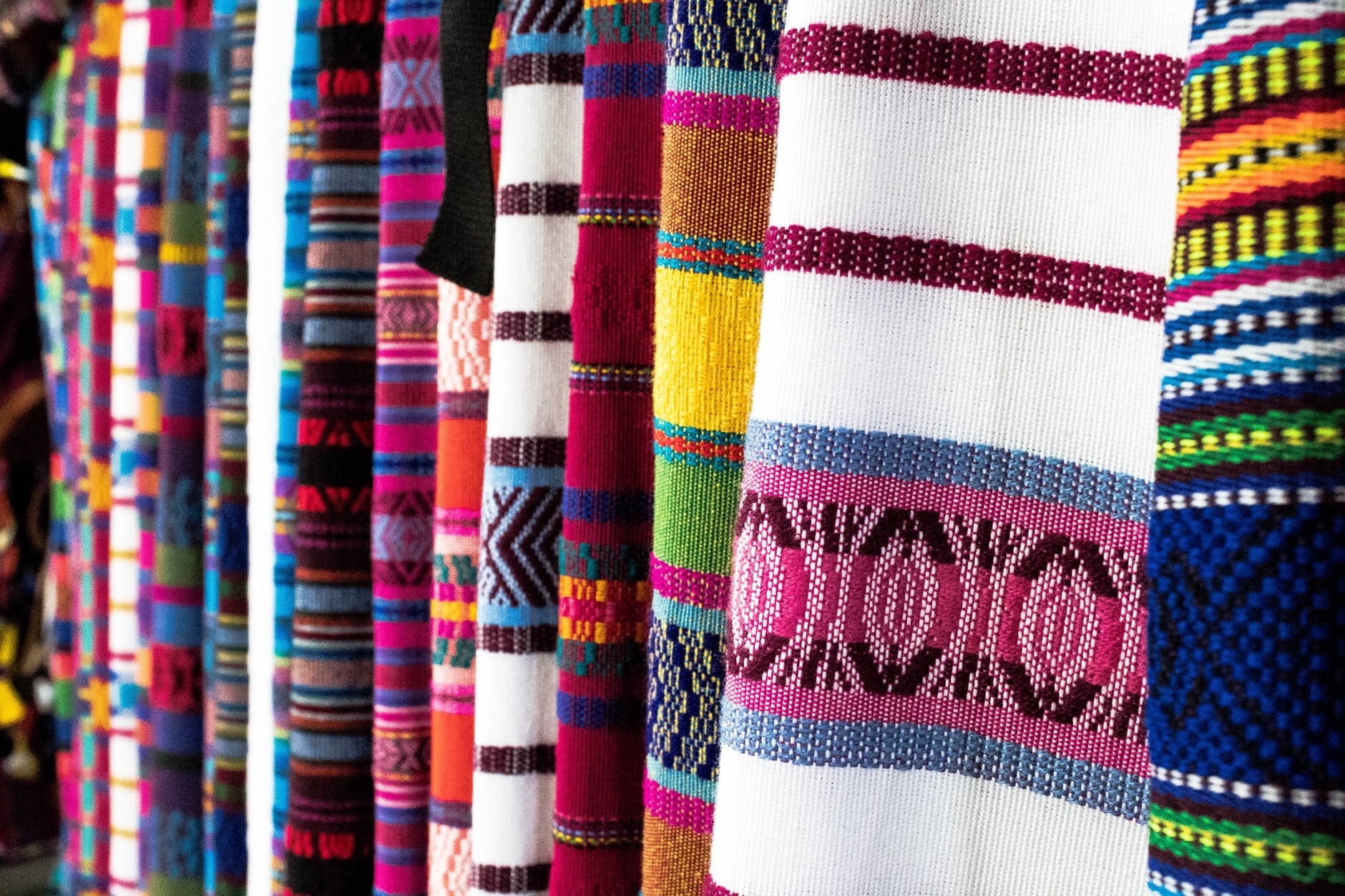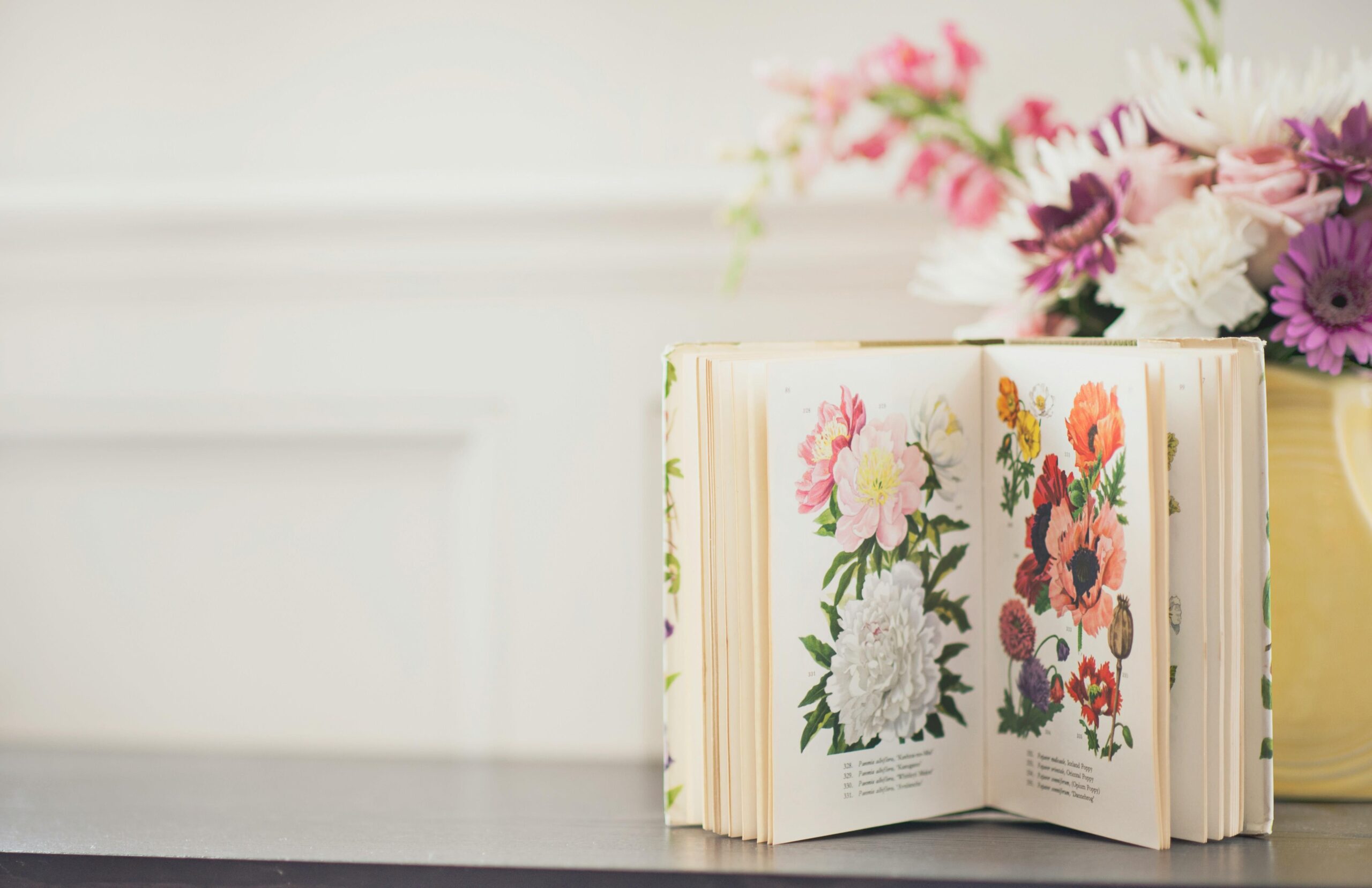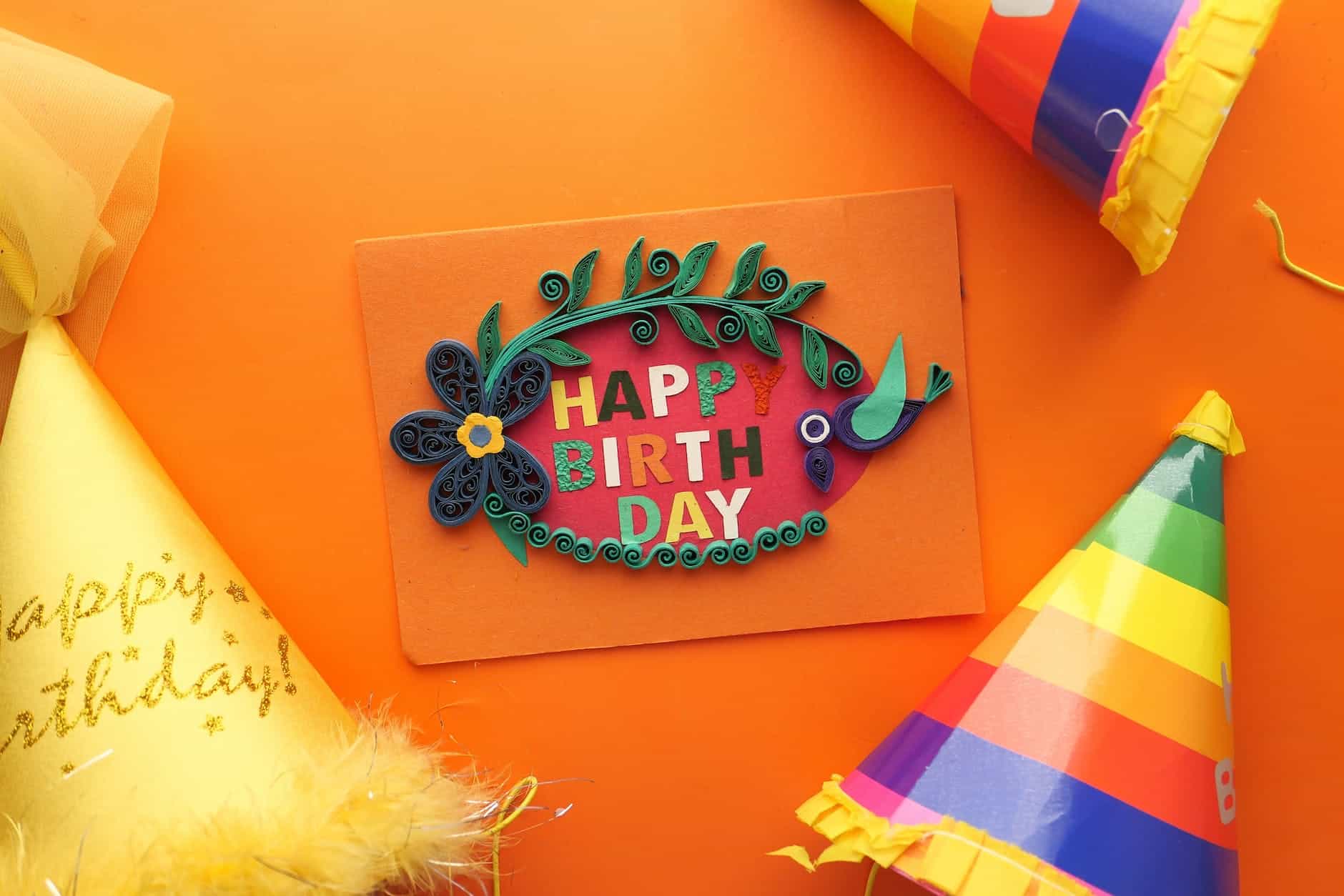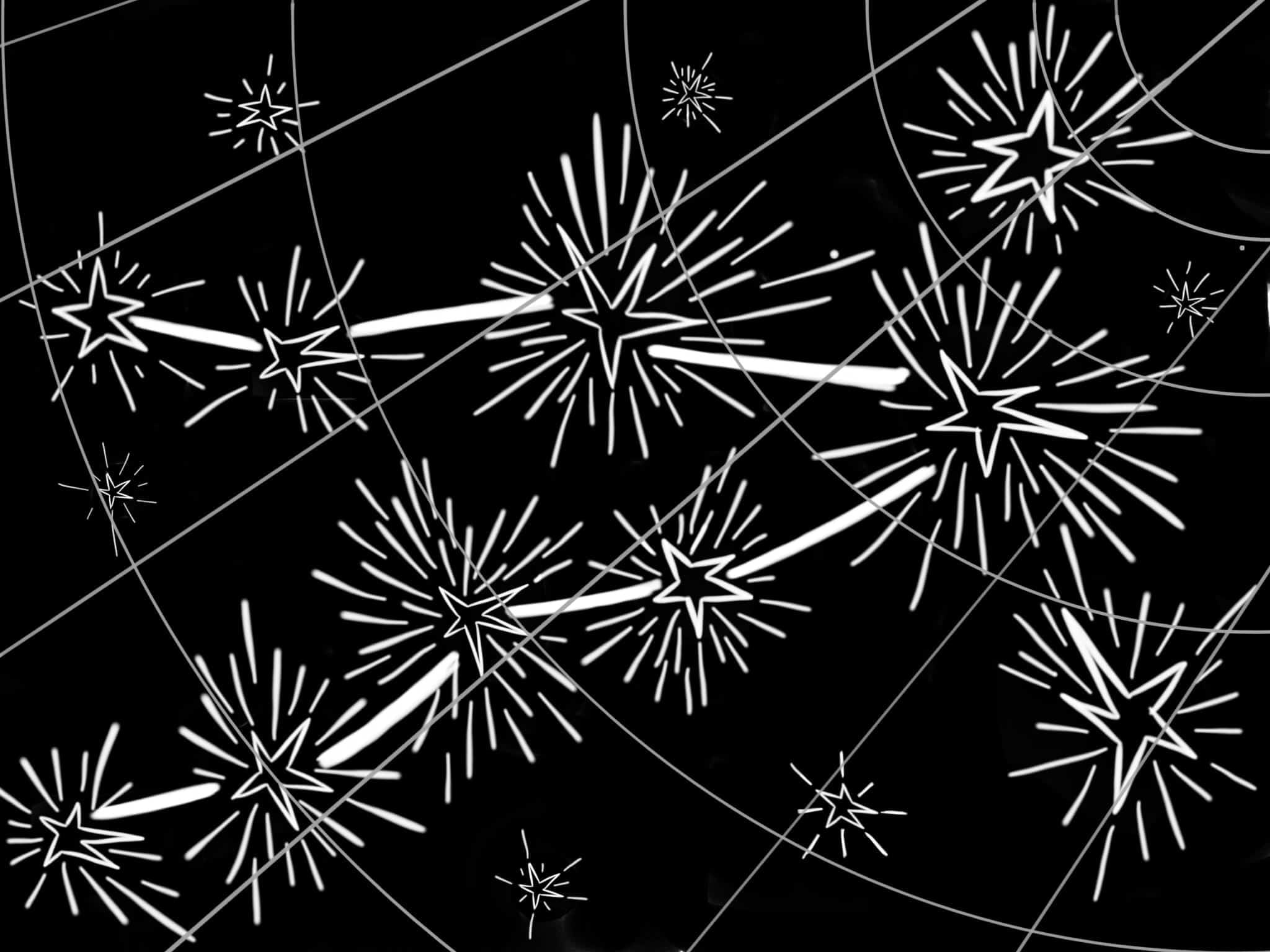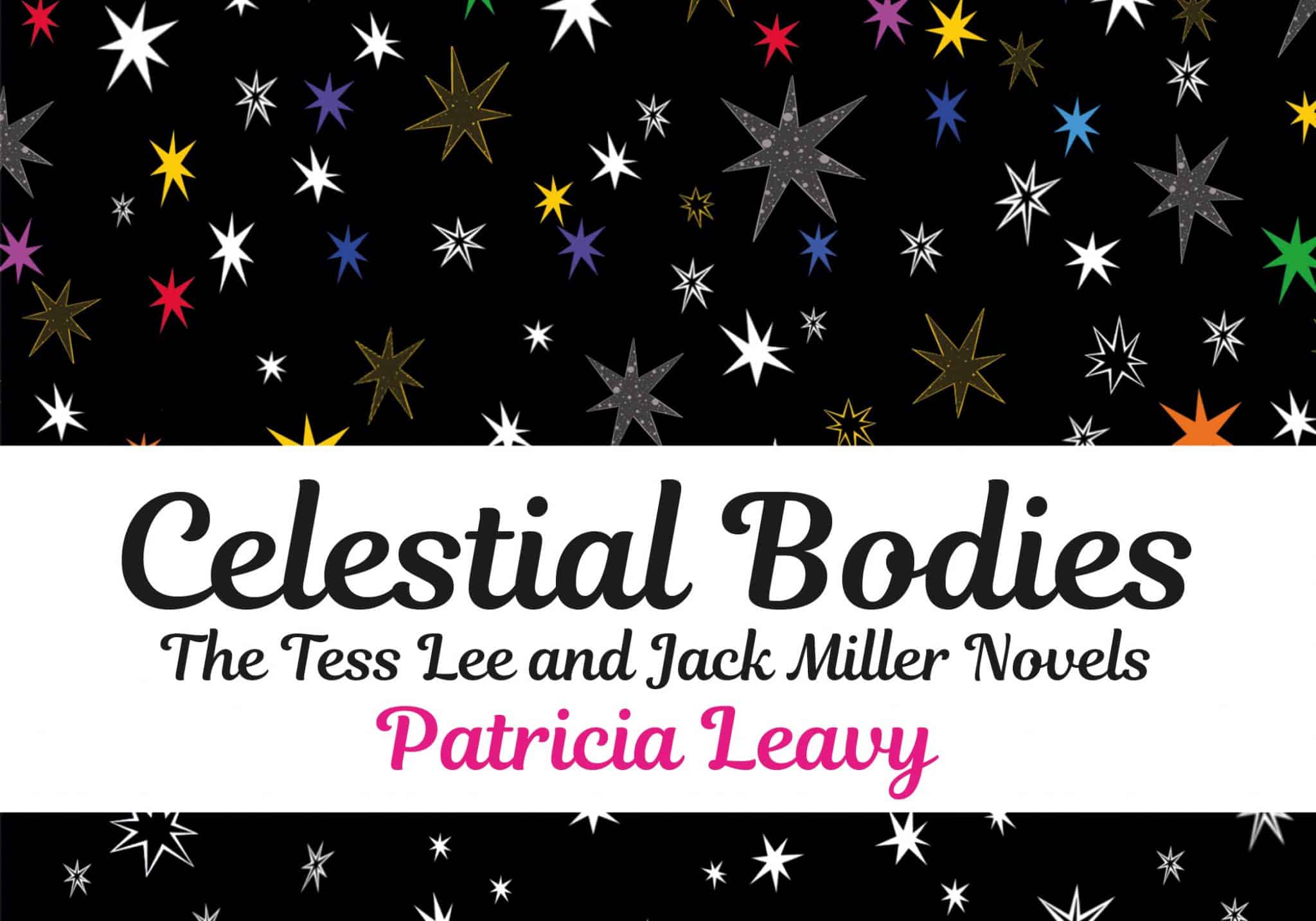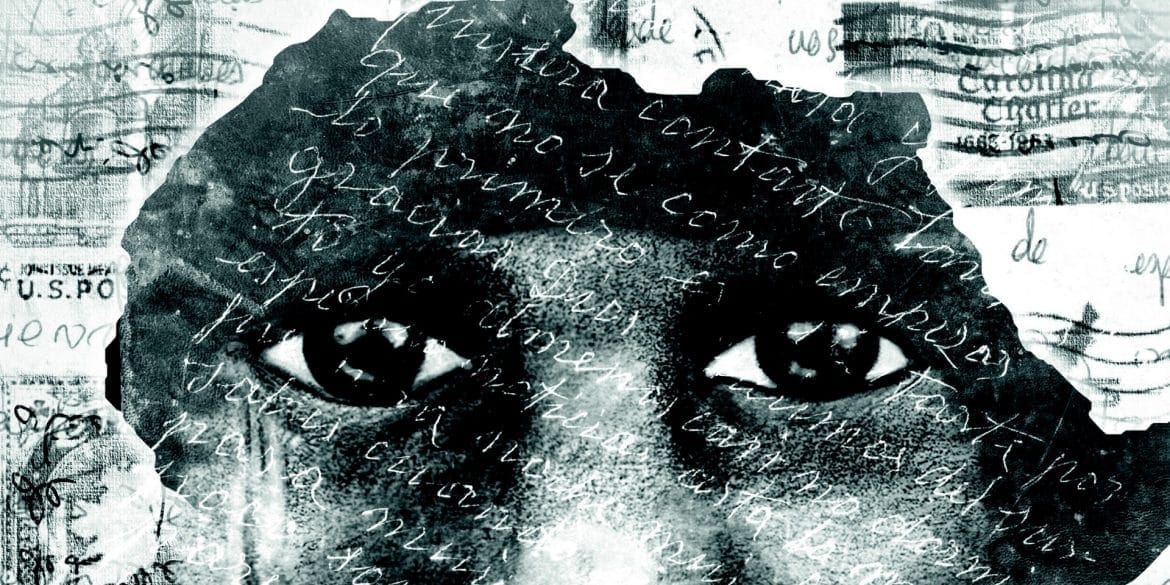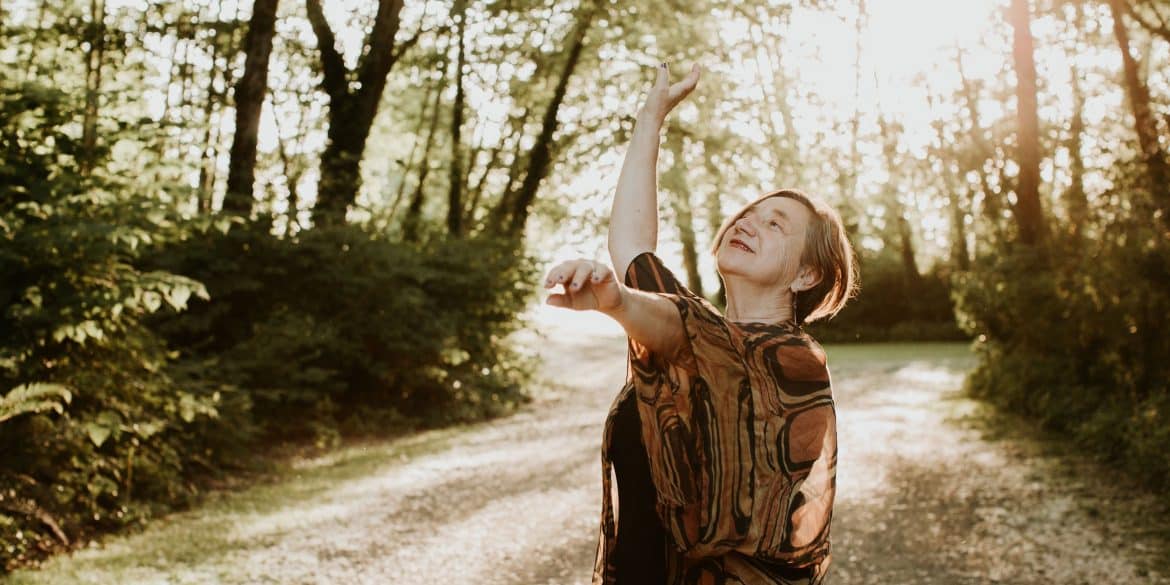POPULAR ARTICLES
Visitation, an Autoethnodrama in One Act
In this autoethnographic play, a woman terminates a pregnancy without telling her husband.
autoethnographer: one who uses lived experience as evidence with which to explore cultural phenomena.
FROM OUR ARCHIVES
I introduce artistic autoethnography and how the term a/r/tifact opens up the imagination to the possibilities of autoethnographic artmaking.
This video explores how editors have developed their approach to reviewing creative autoethnography and highlights strategies for contributors.
This is a piece I wrote in desperation after being confronted with the failures of the foster system in the United States today.
“A Quest for Social Justice: Notes on an Encounter” continues my accounting of having been falsely accused of sexual assault online.
I share real world examples of why I believe the trans community uses empathy as a powerful tool to combat transphobia and promote self-love.
"I have personally been that teenager, marking down “white” on a school application, hesitating to answer when an Anglo-American asked me “what are you?”, and leaving those experiences with a deeper sense of displacement."
"A tree once taught me that those moments of ruin are only a pause, a passage really, on the way to something else."
"I called out the demons one by one. I named them. I gave them precise blocking and ultimately, I controlled where they stood, breathed, and bourréed. I gave them an entrance, and a stage, and then I sent them away."
"I'm proud to announce that this week, on July 13, Rowman & Littlefield will traditionally publish my second book, Coping with Parental Death: Insights and Tips for Teenagers."
Vivian Wagner·
All ContentAutoethnographic Art & MultimediaAutoethnographic PoetryClimate Change Special Issue, 2022Special Issues
··8 min read“We noticed signs of climate change and felt a sense of impending doom, even as we witnessed how human beings across the continent are trying to keep alive a sense of culture, art, and kindness.”
"In the newest video from The Twerking Academic, I explore how the summer of 2020 slammed me back into an awareness of my own double consciousness as a Black American."
“Entanglements of the Mind, Soul, and Body” details our journey as researchers utilizing narrative collage and collage portraits as a tool for data analysis.
FROM OUR ARCHIVES
autoethnographer: one who uses lived experience as evidence with which to explore cultural phenomena.
What is autoethnography? The AutoEthnographer's international team of editors offer definitions & suggested readings.
“The AutoEthnographer is an award-winning, non-profit, open-access, peer-reviewed literary and arts magazine dedicated to presenting the creative side of autoethnography, a qualitative research method uniting ethnography and autobiography that utilizes lived experience as evidence with which to explore cultural phenomena." ISSN: 2833-1400
AUTOETHNOGRAPHIC WRITING
AUTOETHNOGRAPHIC POETRY
AUTOETHNOGRAPHIC WRITING
The Resistant Analysand: A Memoir Author’s Memo My memoir is about my growing up as the daughter of...
"In "Becoming Multilingual," part 2 of my column, "¡Aguacate! Bringing Up Bebe Bilingüe," I use autoethnography as a writing approach to capture and represent the personal experiences of myself, a qualitative researcher, who has become the researched."
"This essay on bodily autonomy specifically discusses abortion access and rights in the United States and Canada, and the politics that often follow."
AUTOETHNOGRAPHIC MULTIMEDIA
Marlen Harrison·
All ContentAutoethnographic Art & MultimediaClimate Change Special Issue, 2022InterviewsMorePodcastsSpecial Issues
··15 min read"Award-winning artist, Suzanne Hughes, talks about autoethnography and painting. Suzanne is responsible for the cover art for our special issue based on climate change."
"Armored Corps: The spirit of combativeness and human resilience" is the theme of a graphic narrative project.
"Then comes that special brand of rage and dejection that the patriarchy inspires by attempting to steal away with my bodily autonomy."
Eternal Glow: Black Womanhood’s Story Of Love and Resilience Author’s Memo These three poems are autoethnographic as they...
I worry about survival. Bluntly put, according to the Academy of Sciences almost every person on earth will be affected by climate change.
"I tend to take every loss of rainforest personally. My autoethnographic poetry 'The Threat' and 'John Doe' are reflective of this."
"I’ve already resisted that scholarship is not creative and poetry is not part of my scholarly self. I think the idea of autoethnography allows for that cultural divide between the creative and academic to be really disrupted."
"Once I have the first line or two, the rest of the poem seems to flow rather easily. I write whatever comes to mind. Somewhat like a story rather than a poem. I then start to take out the excess words and phrases and pare it down to the essence of what I wish to say. Other times I do not change a word. The muses come and go on their own. I also believe poetry has chosen me."
"One way to reach broader audiences is to embrace creative nonfiction and use storytelling as academic writing."
My poem “Week After” explores my experience with assault, rape, and emotional abuse in a year and a half long relationship with an older man.
Patricia Leavy·
All ContentAutoethnographic EssaysCelebrating Dr. Patricia Leavy's Social Fiction 2024MoreReflections on MethodSpecial Issues
··11 min readWriting fiction allows me to document reality and to reimagine it, just as we can always reimagine ourselves. And that is why we need stories.
Catherine Berresheim·
All ContentAutoethnographic Literary NonfictionAutoethnographic WritingBodily Autonomy Special Issue, 2022-23Special Issues
··14 min readLEARN MORE “Bodily Autonomy: A Fetus for a Fetus” explores the cultural issues of what it means to...
NEWS, INTERVIEWS & REVIEWS
Marlen Harrison·
All ContentAutoethnographic Art & MultimediaClimate Change Special Issue, 2022InterviewsMorePodcastsSpecial Issues
··15 min read"Award-winning artist, Suzanne Hughes, talks about autoethnography and painting. Suzanne is responsible for the cover art for our special issue based on climate change."
"Marlen Harrison and Edward Perrin enjoyed an opportunity to volunteer with Miami-based Global Empowerment Mission (GEM) to create family necessity kits for those affected by Hurricane Ian."
"Autoethnography and culture: Embodied inquiry is not a formula, or methodology, but a way of being, being open to the body as a source of knowledge, wonder, difficulty, fragility and utter joy."
SPECIAL ISSUES
EDUCATION, INTERVIEWS, PODCASTS, & REVIEWS
REFLECTIONS ON METHOD




